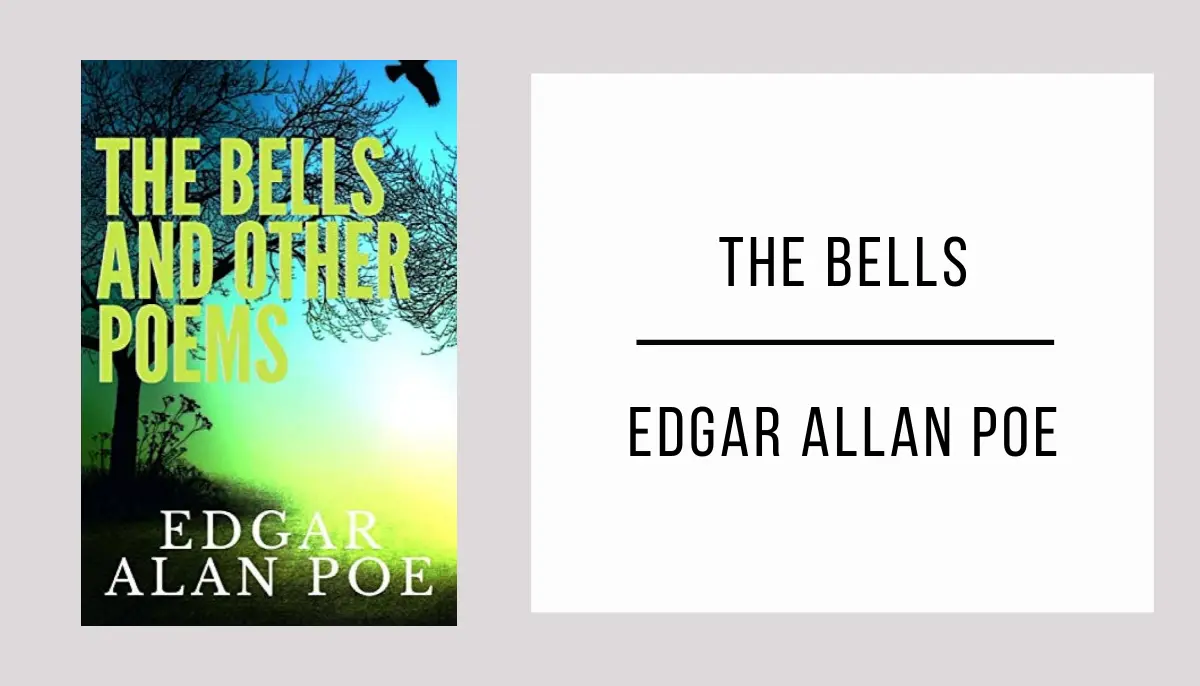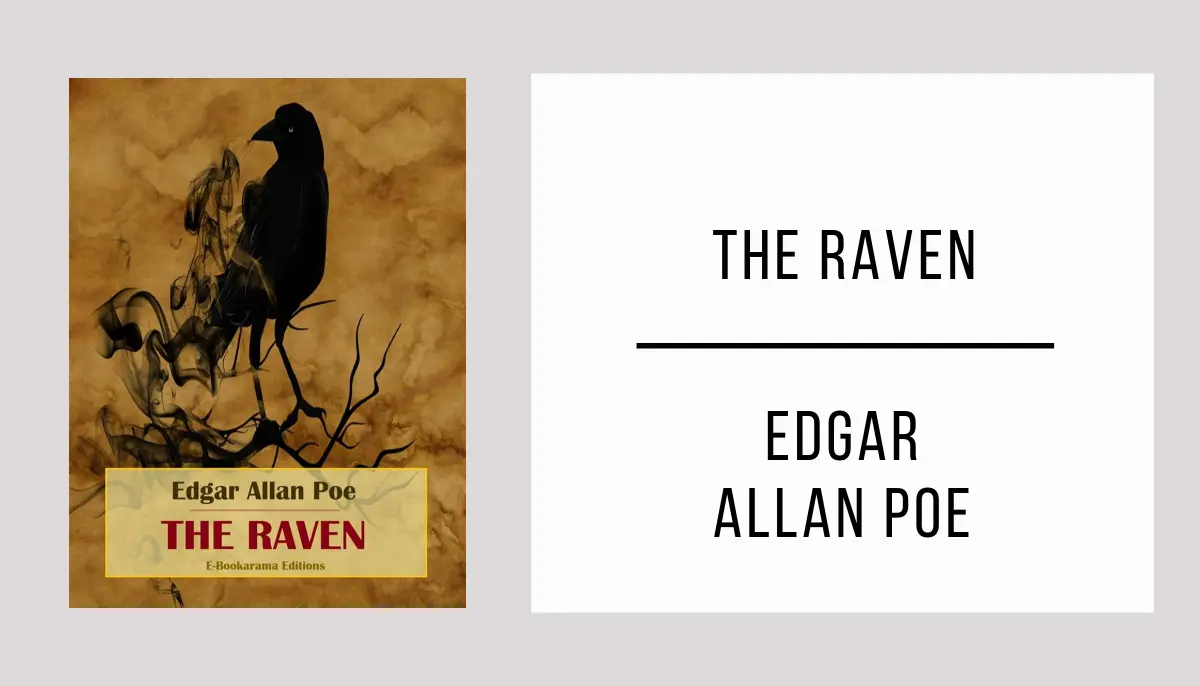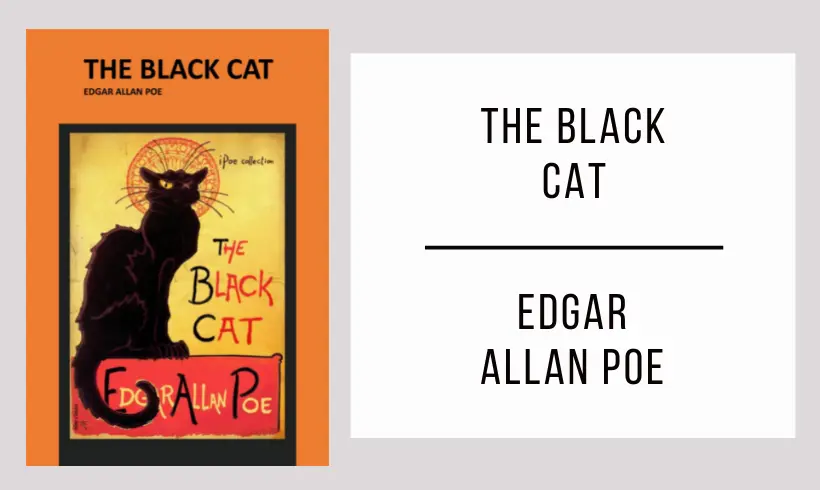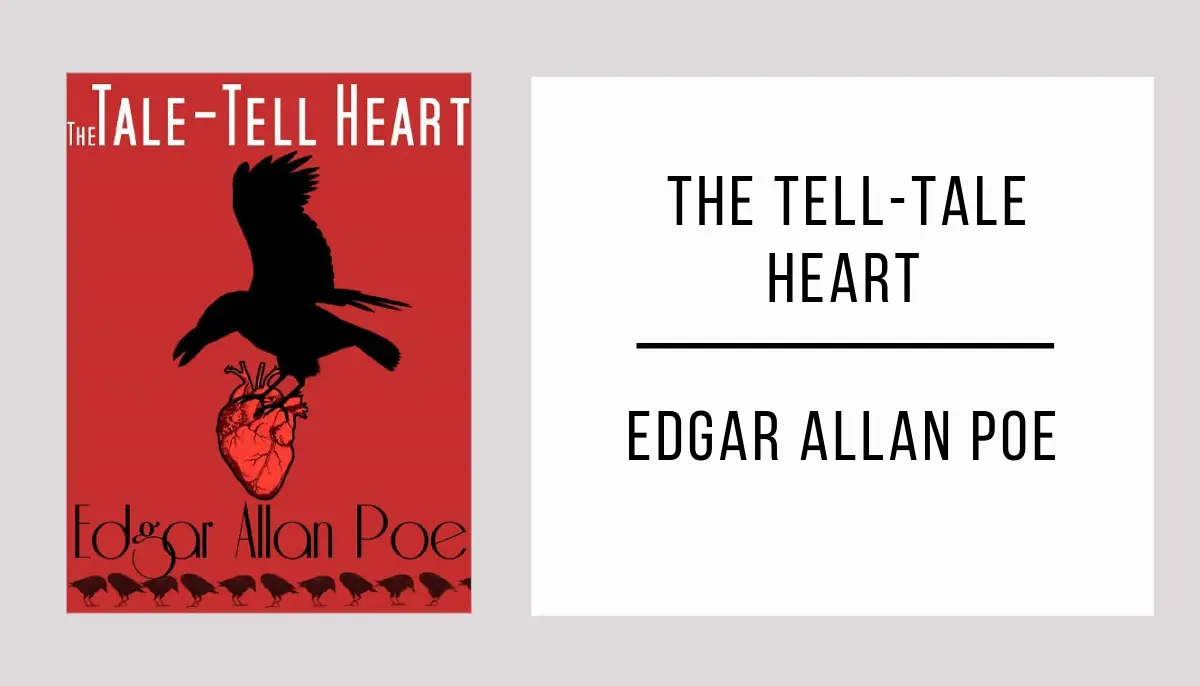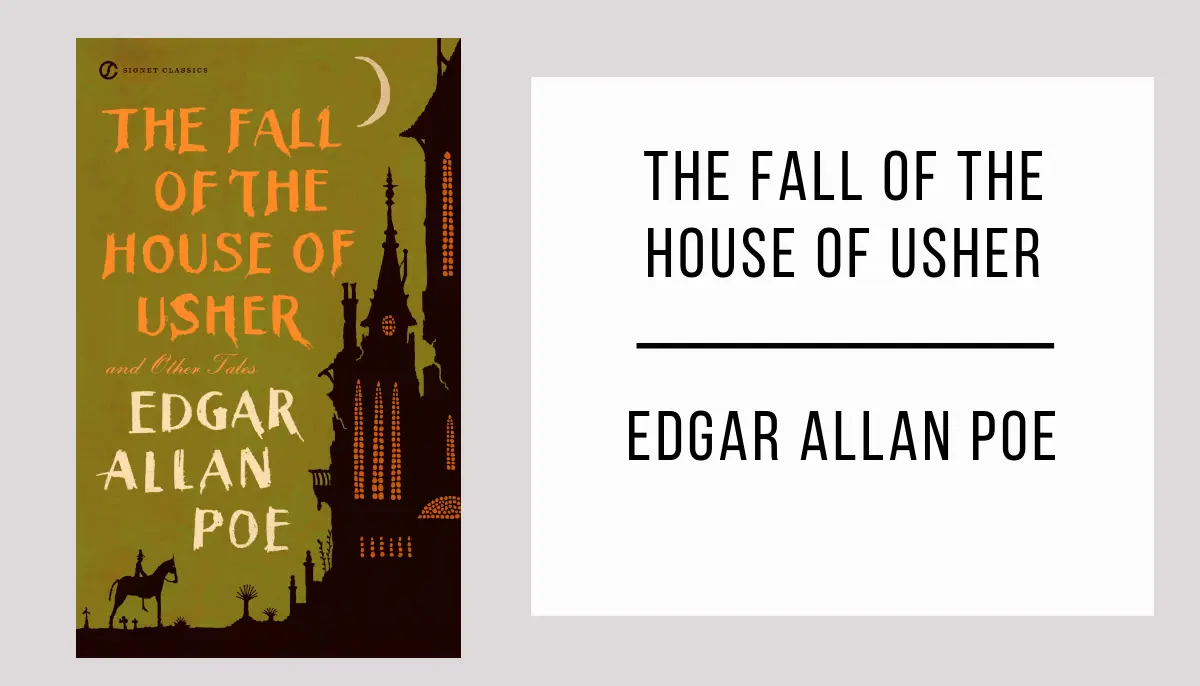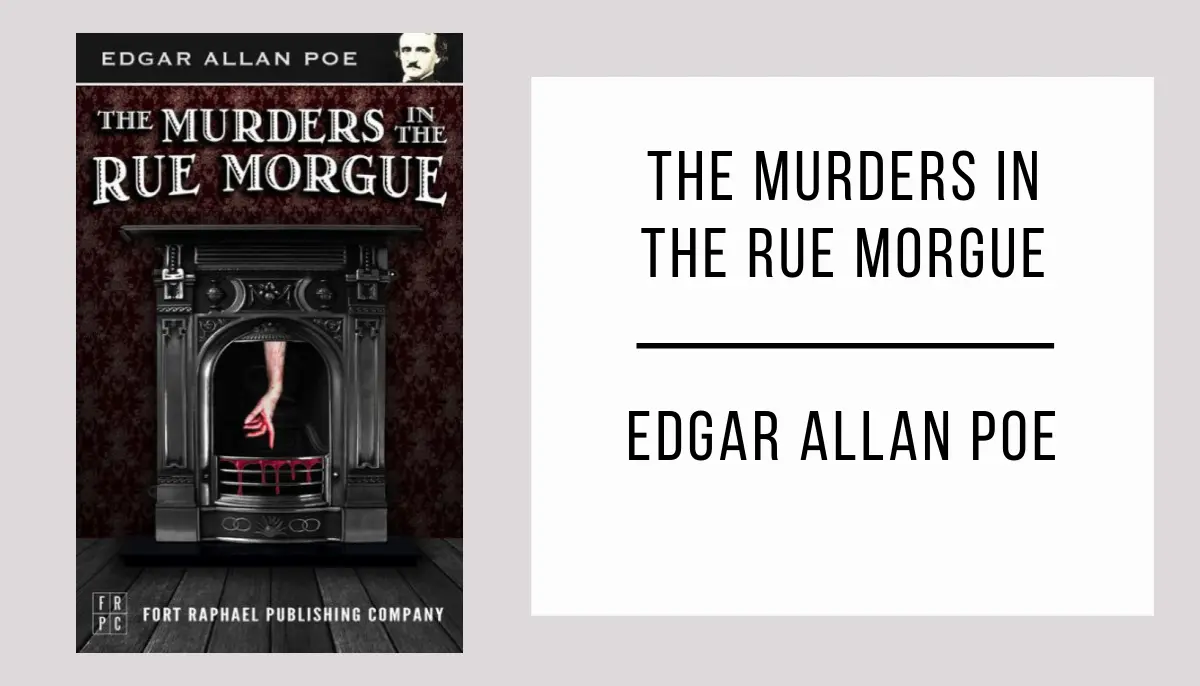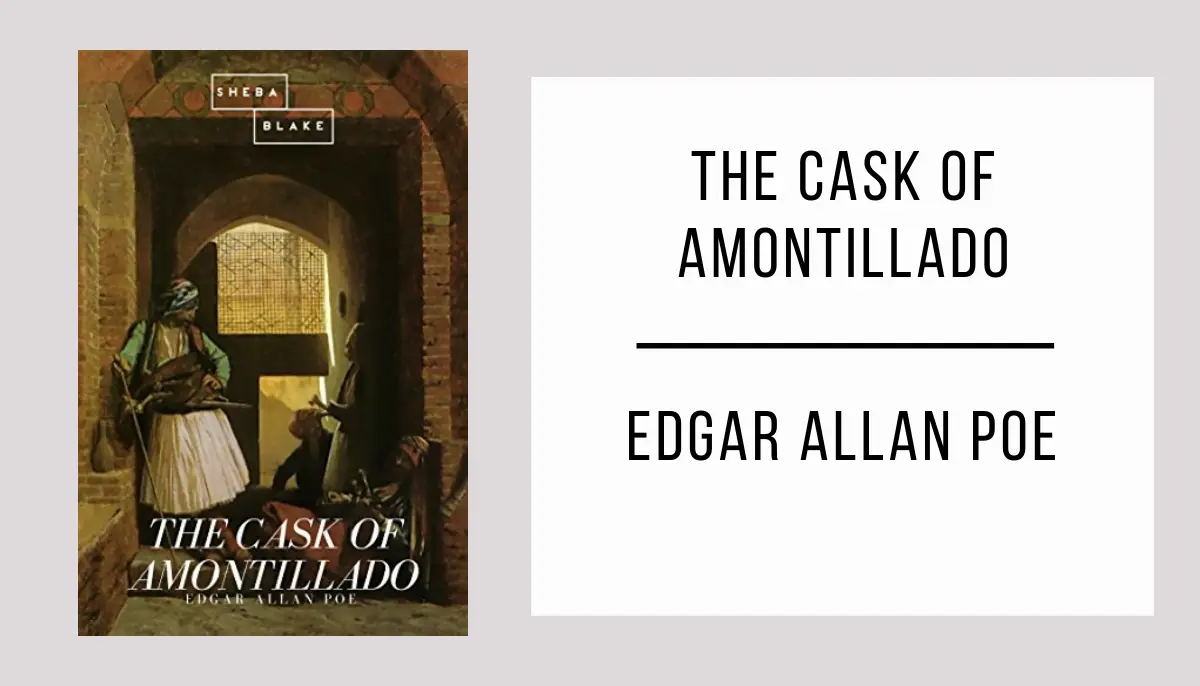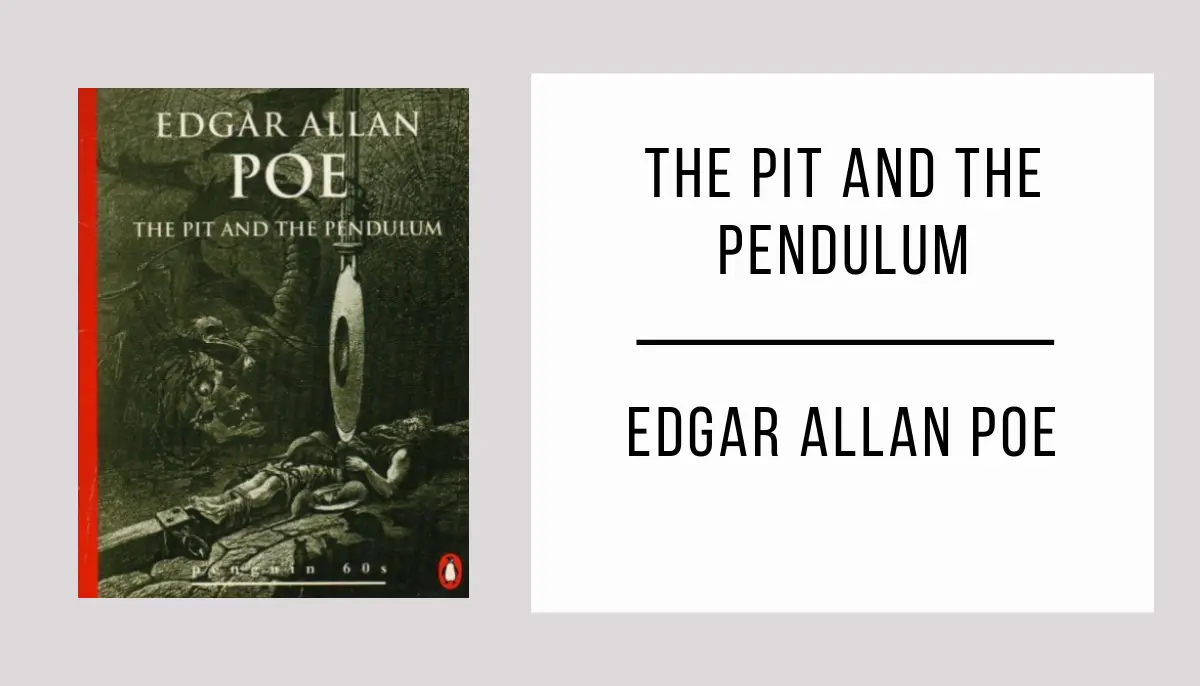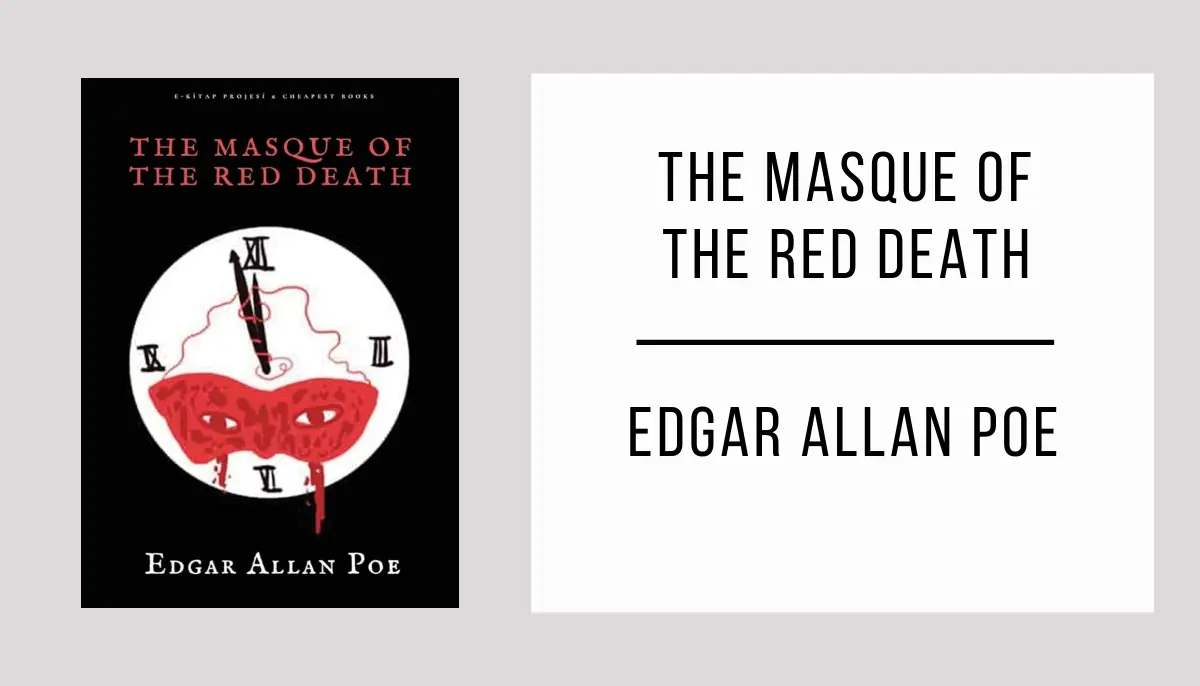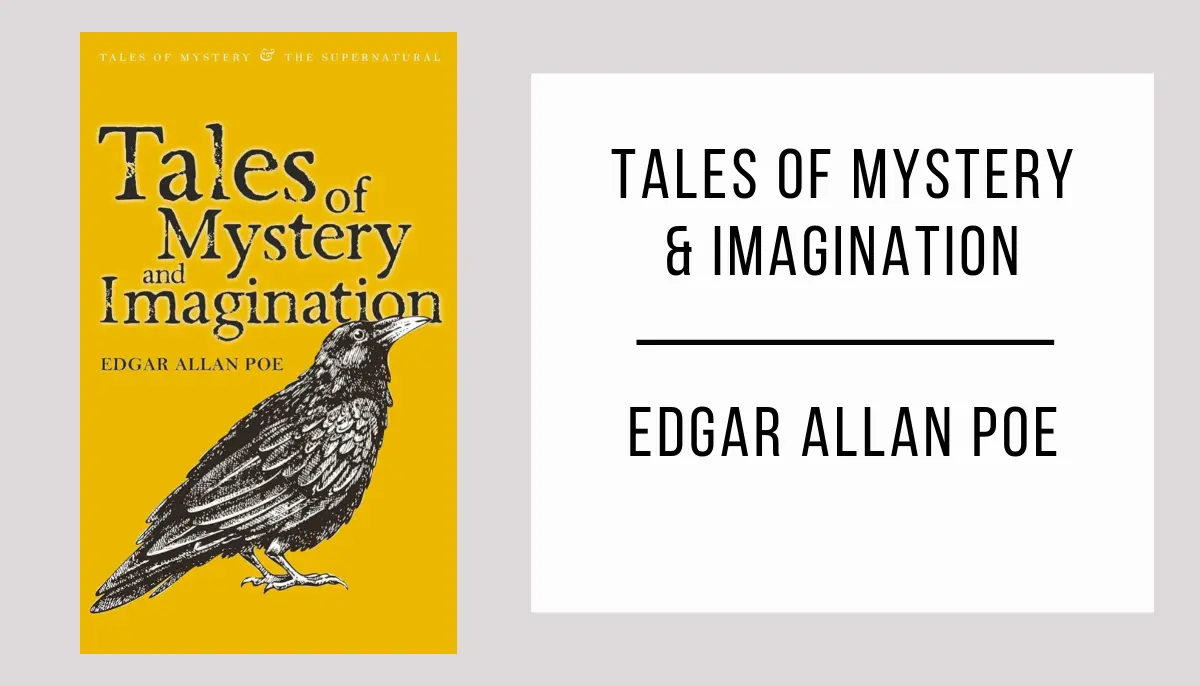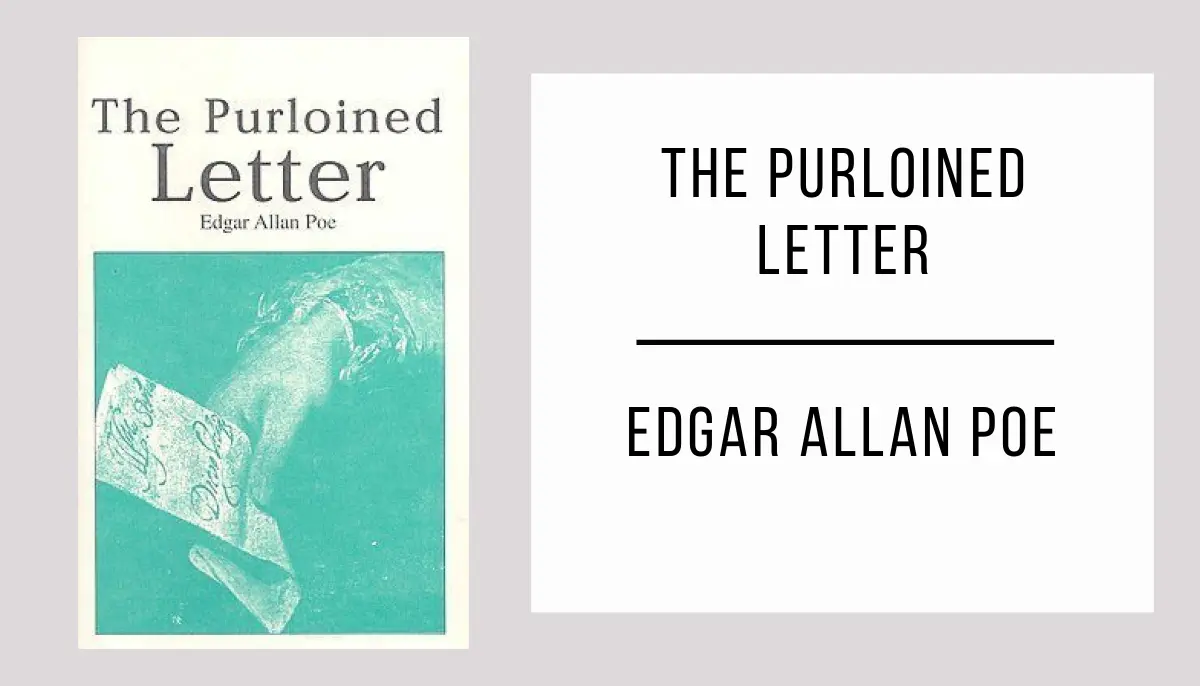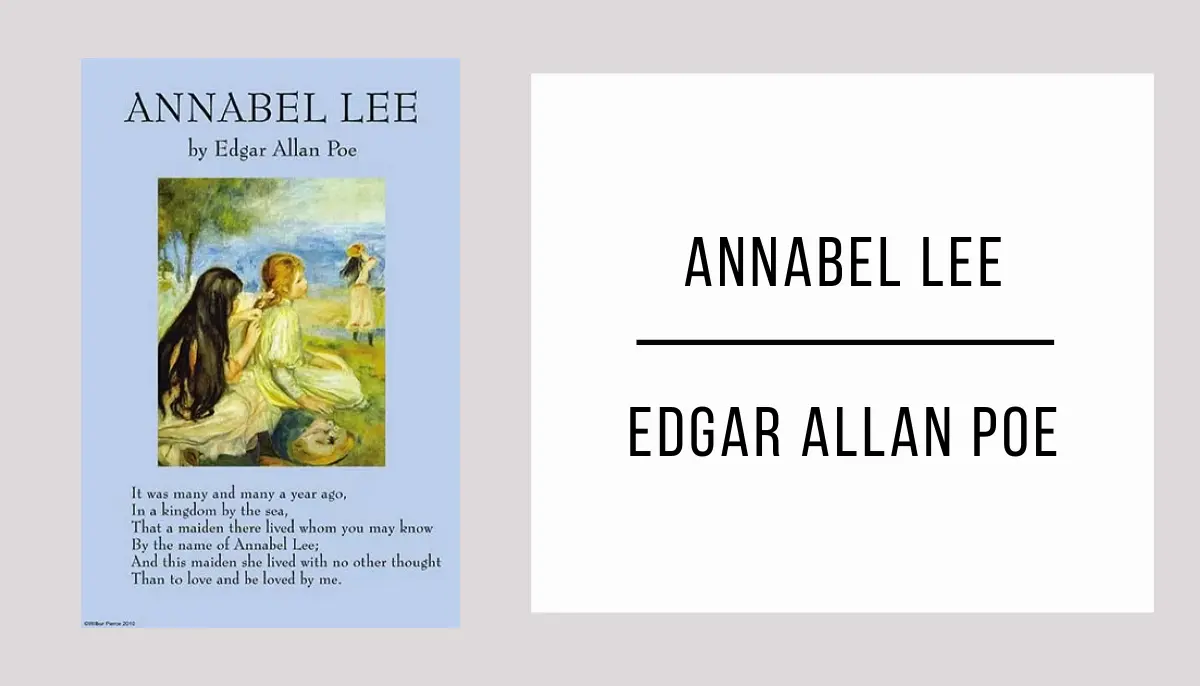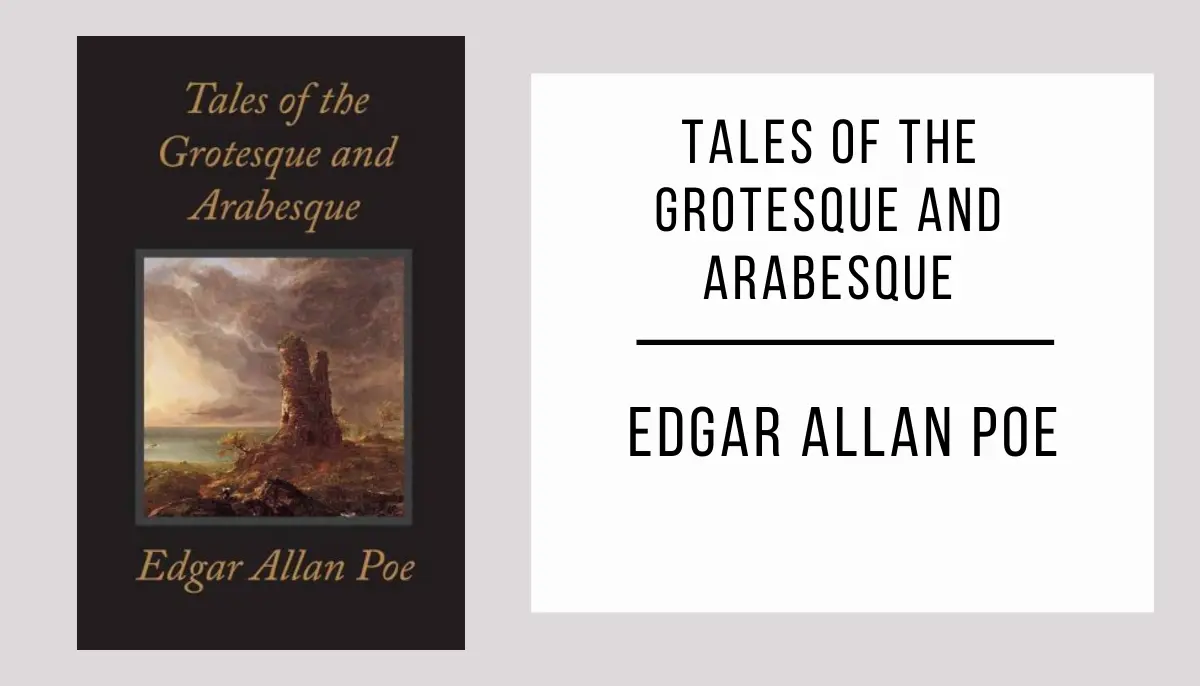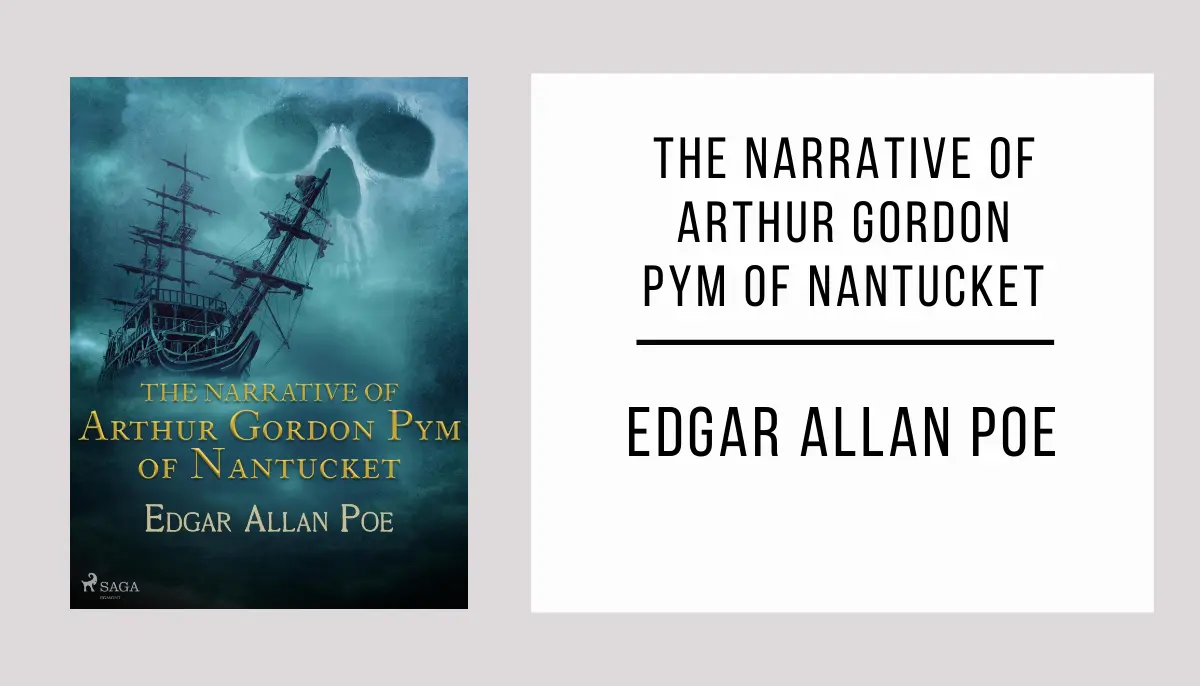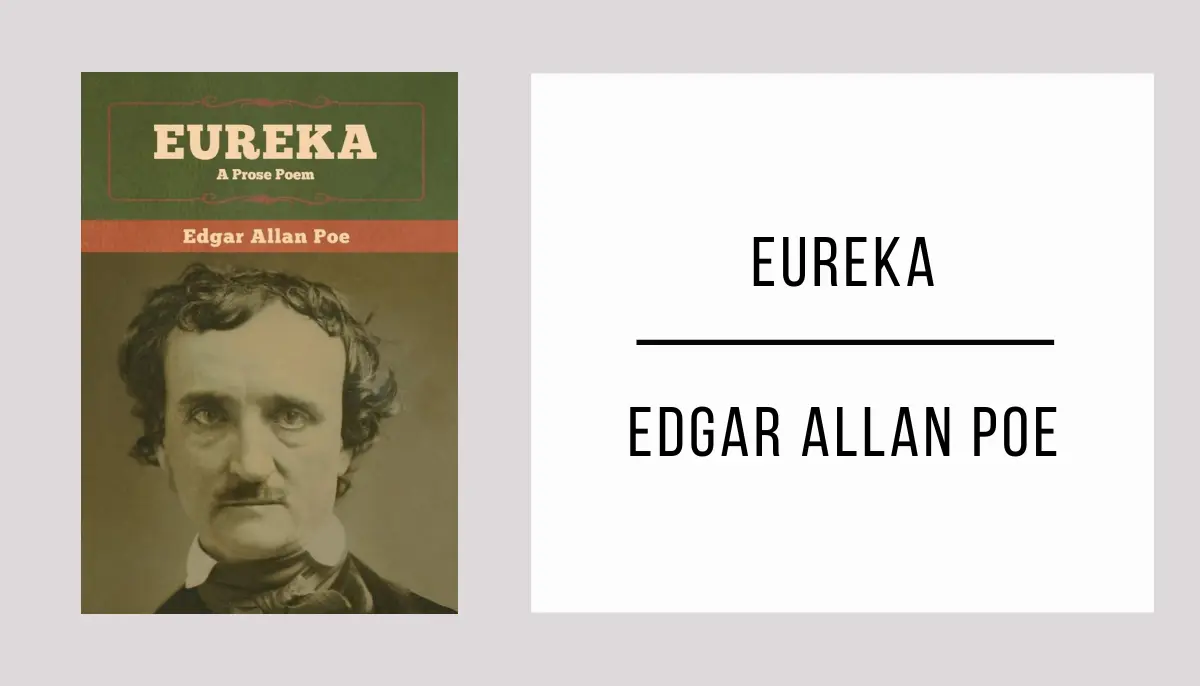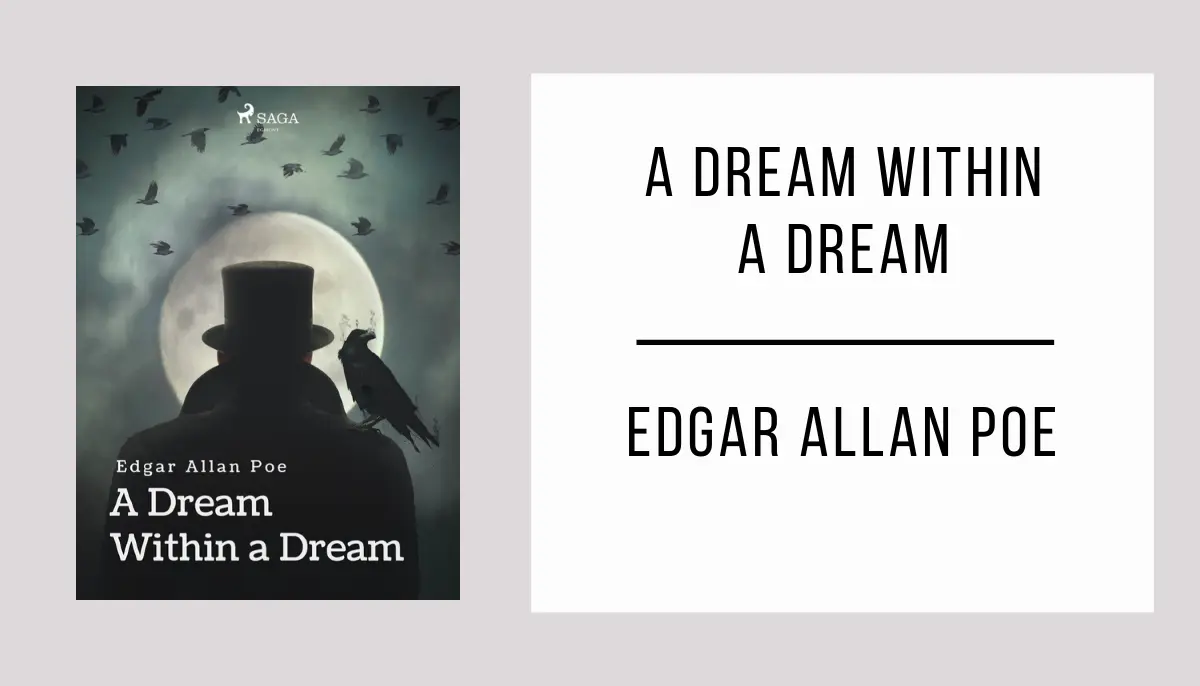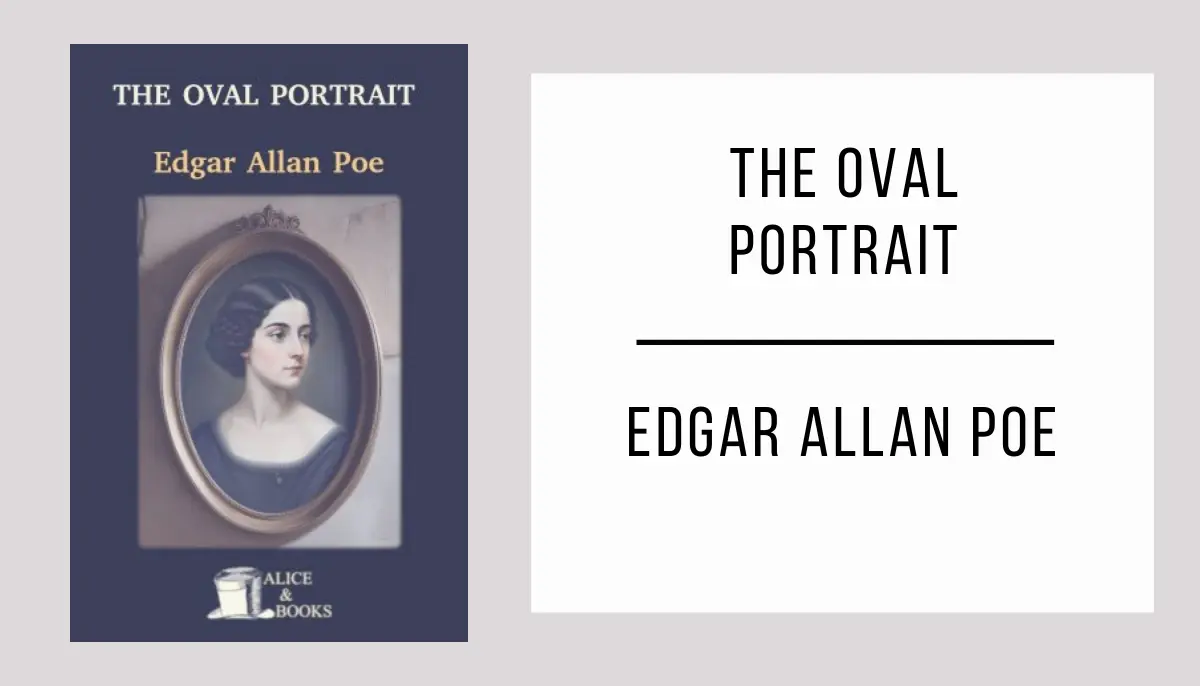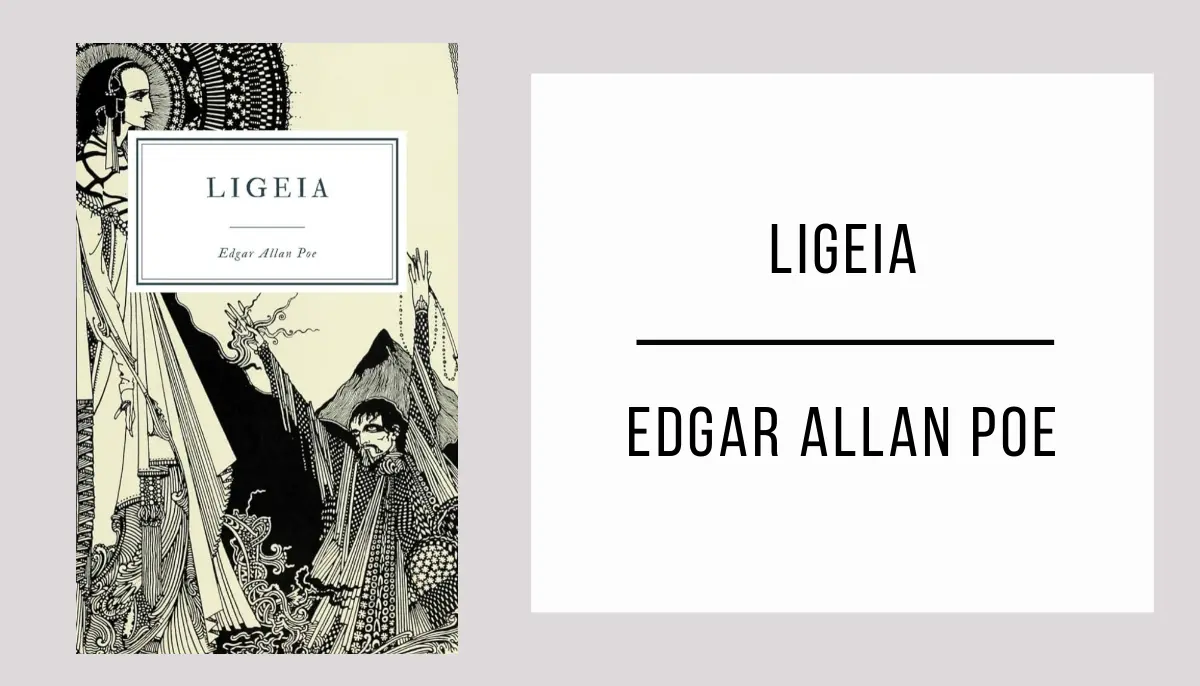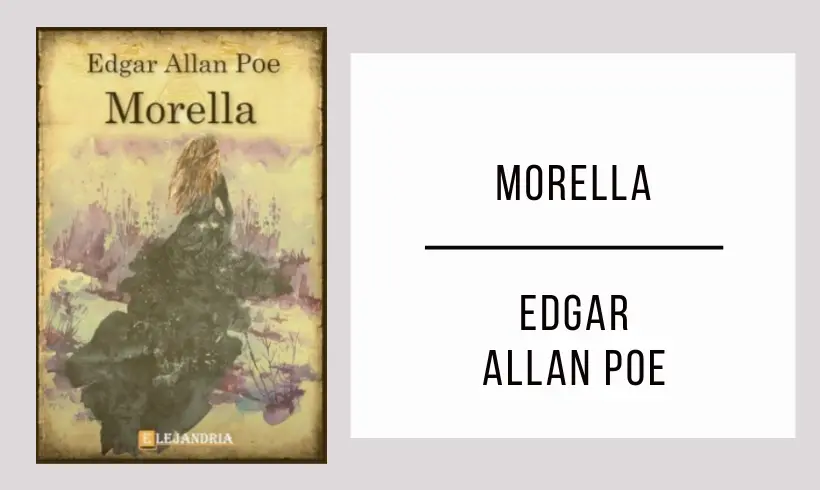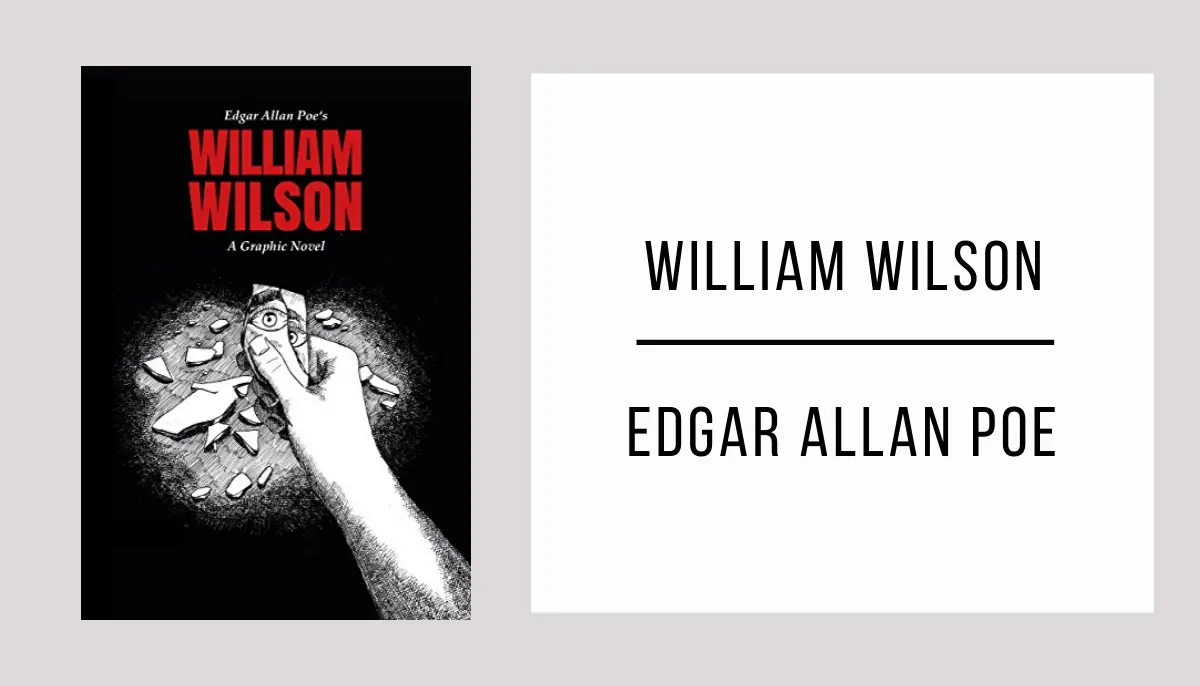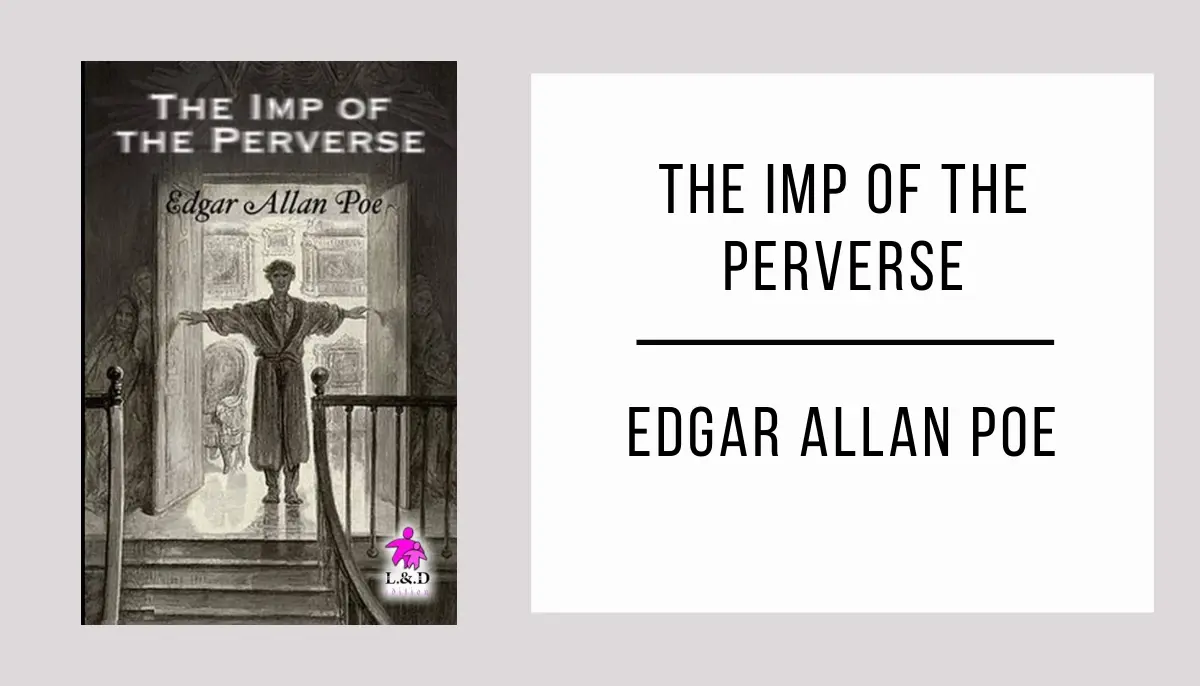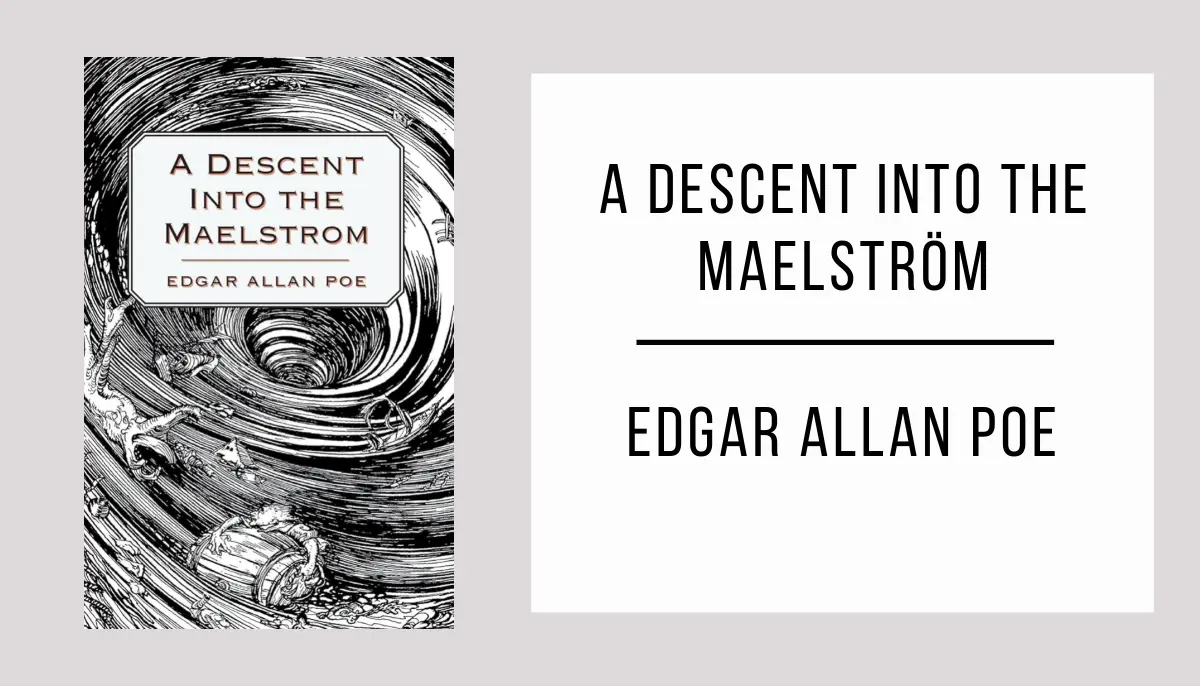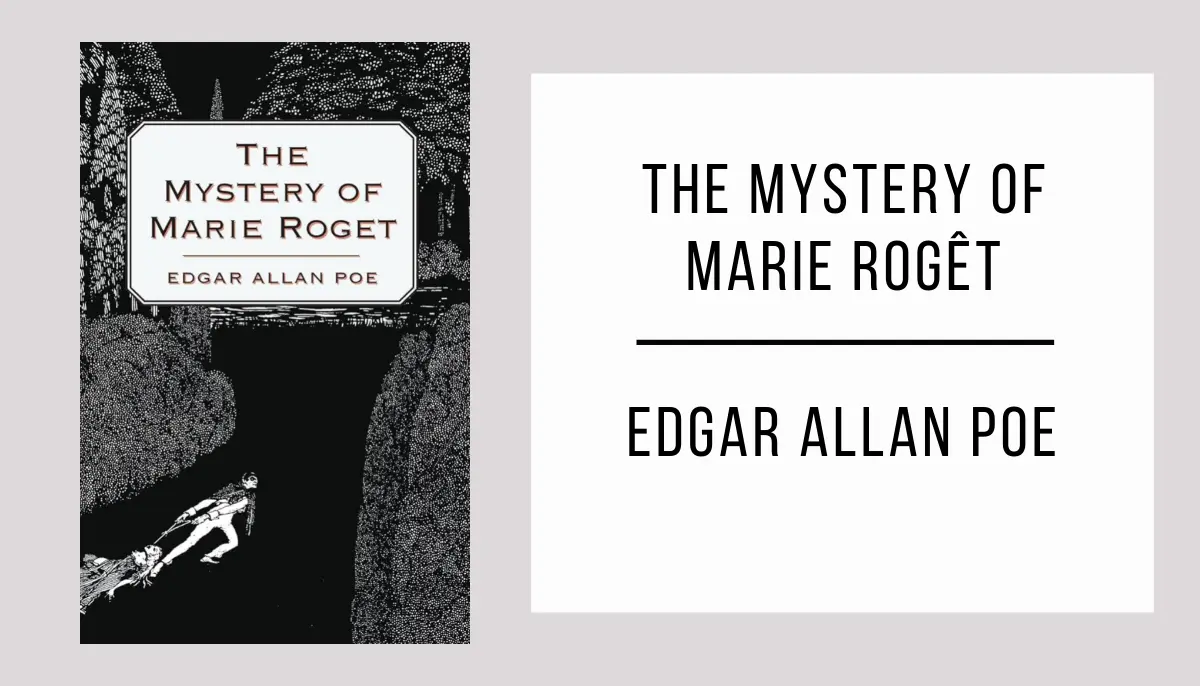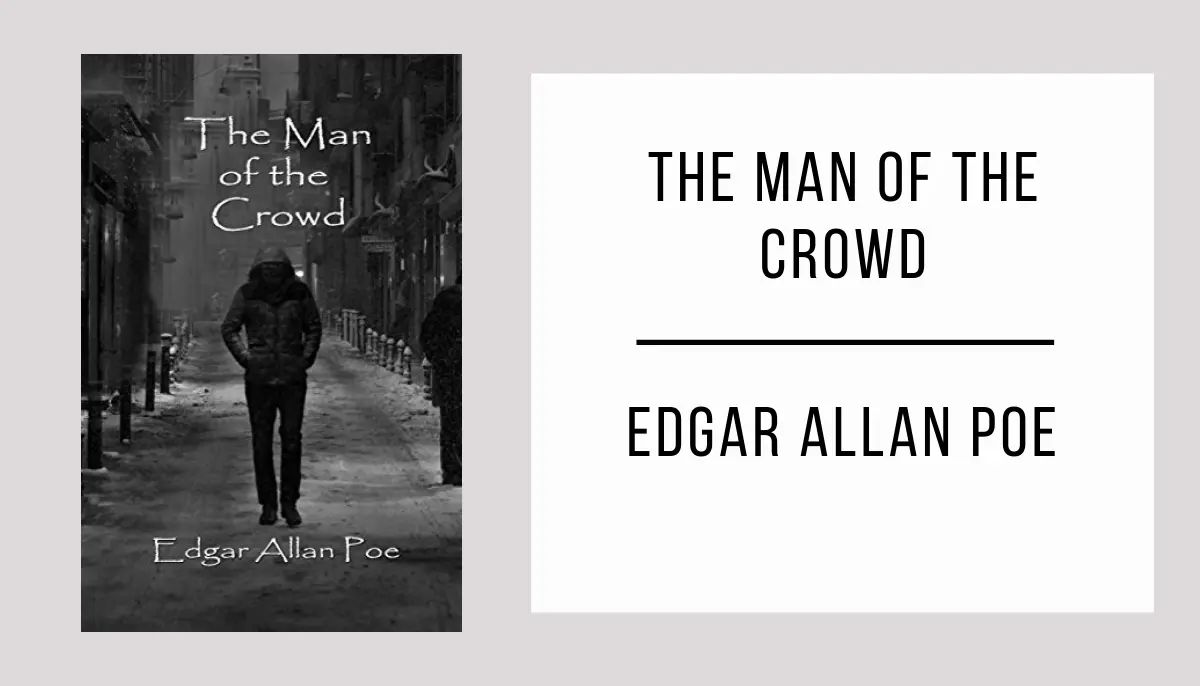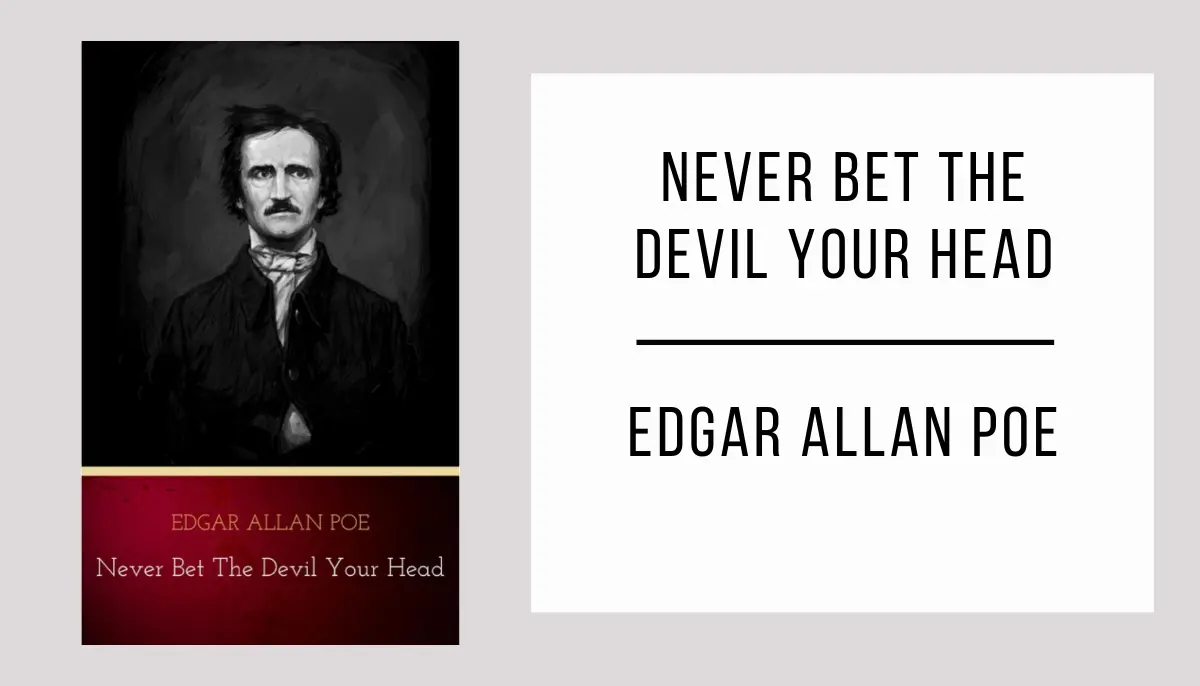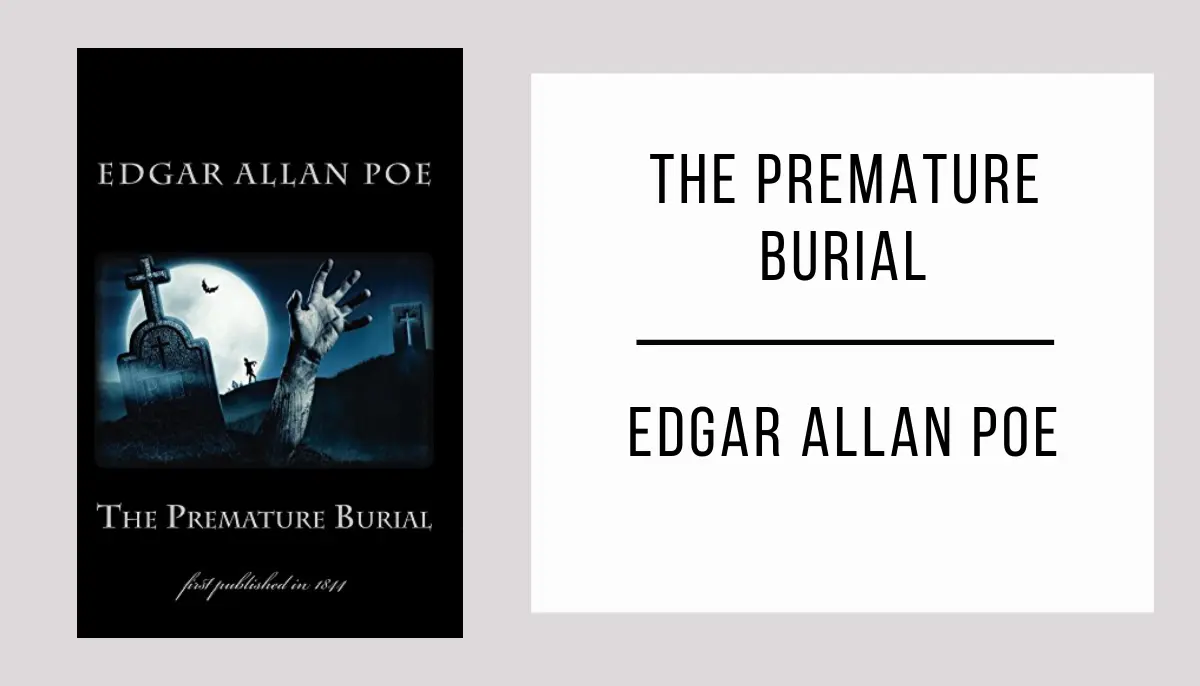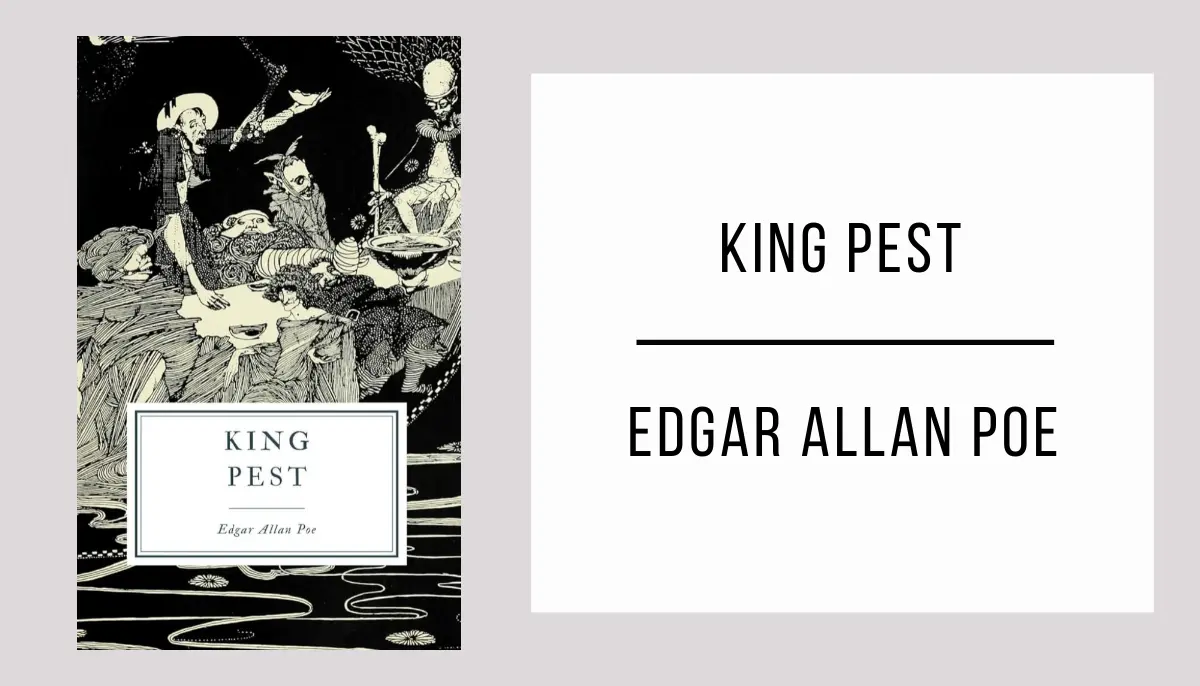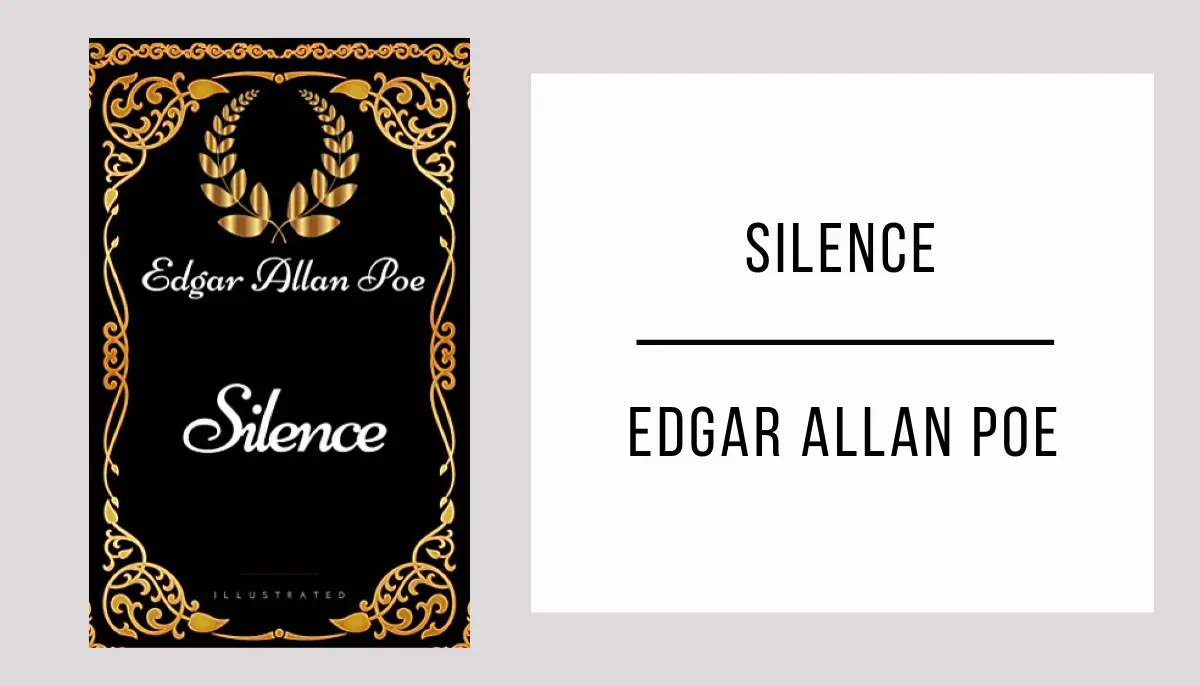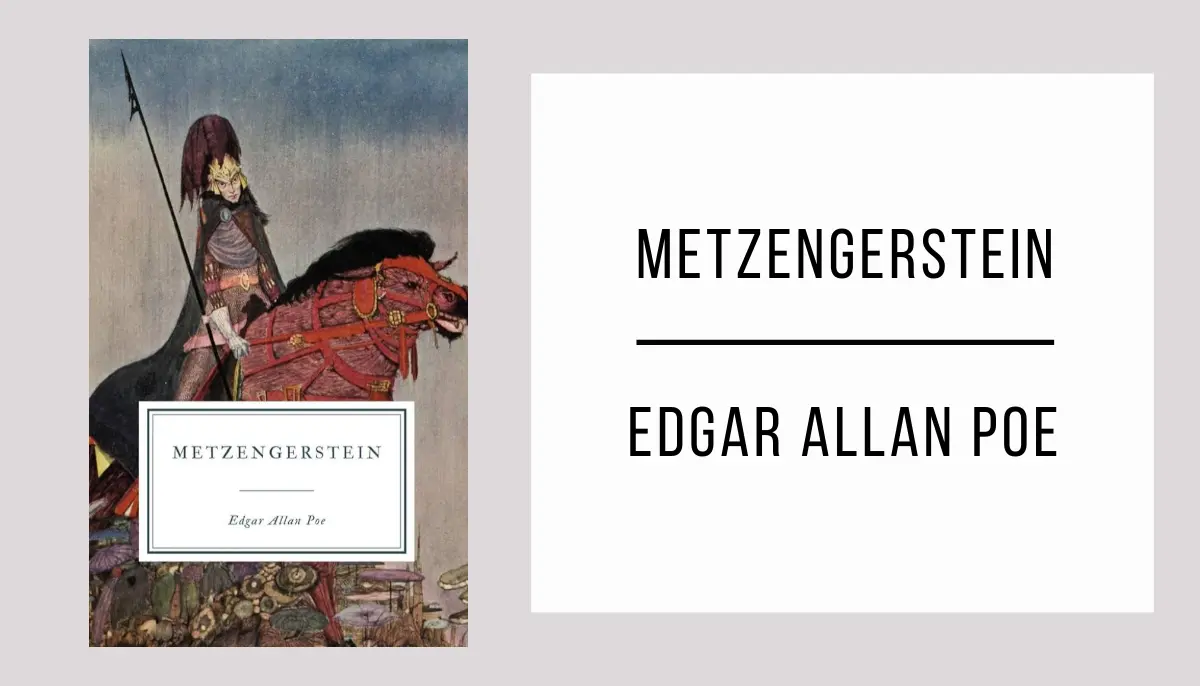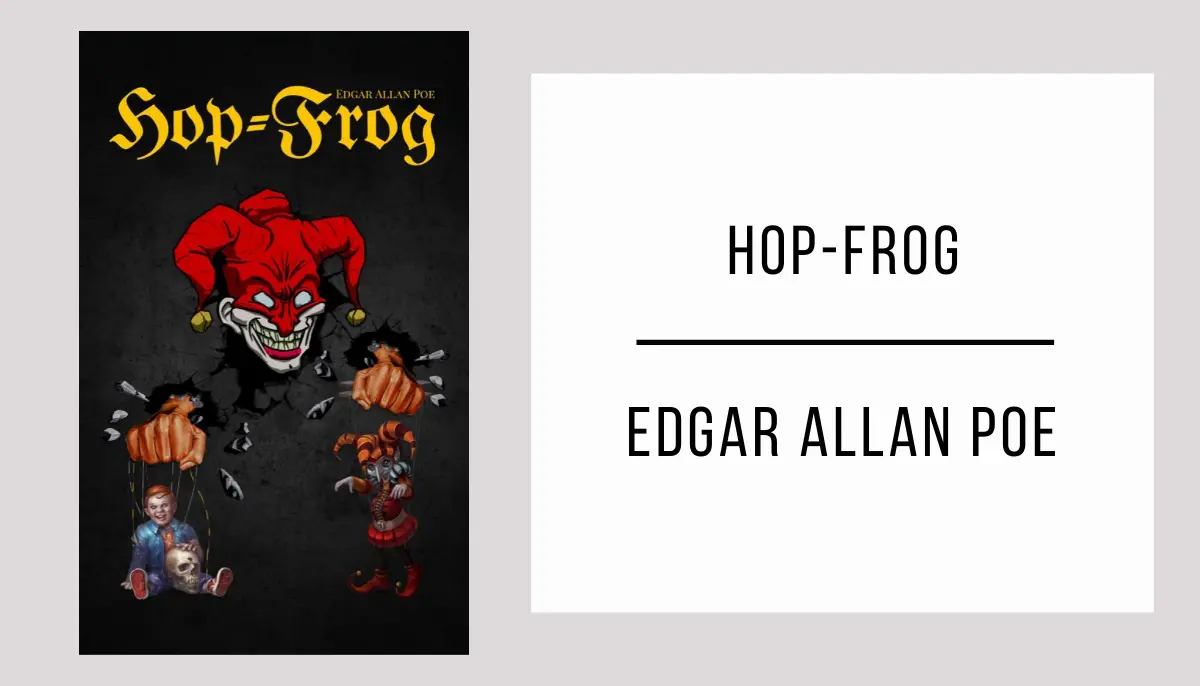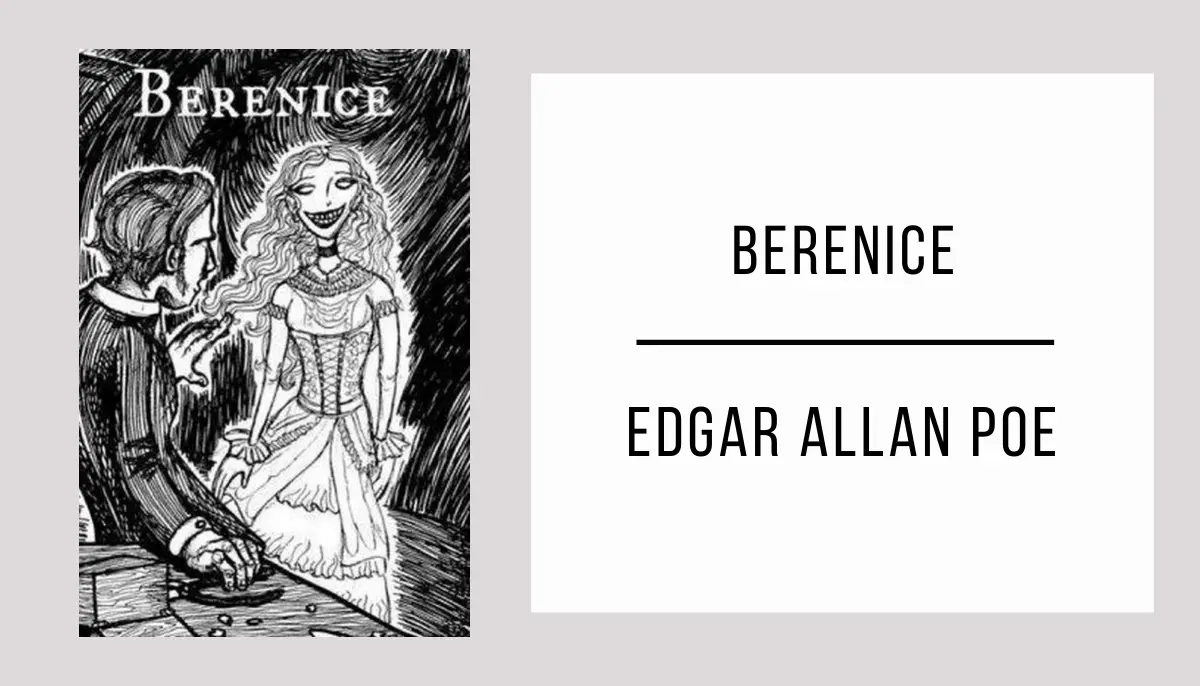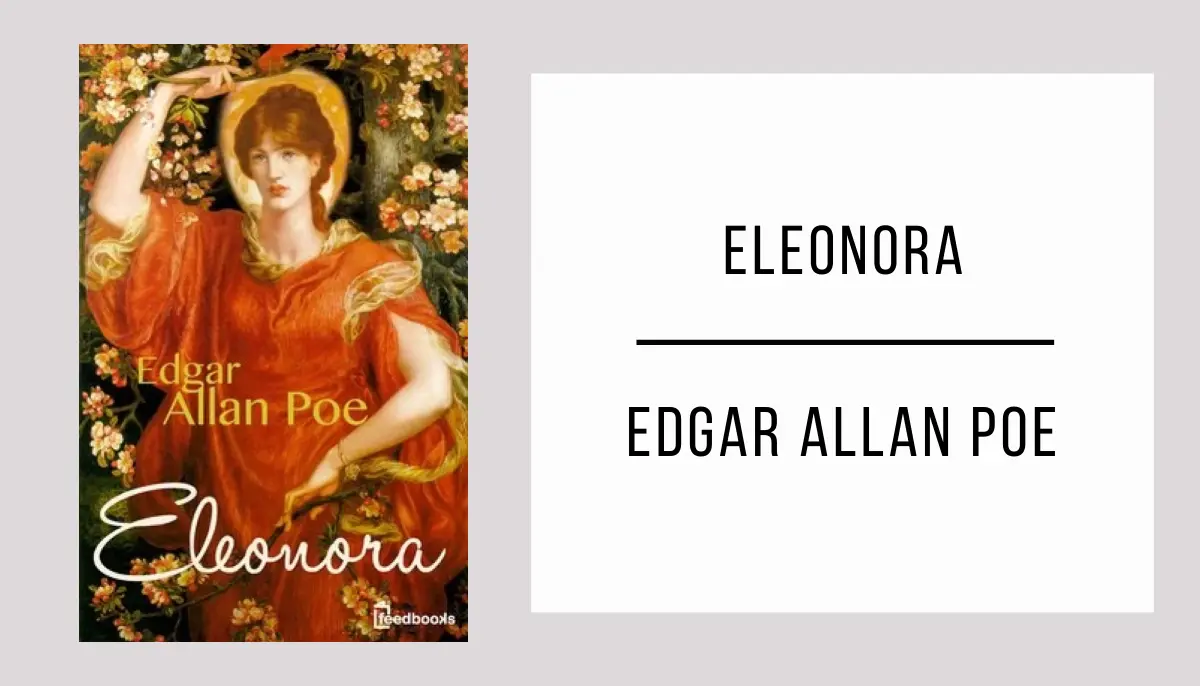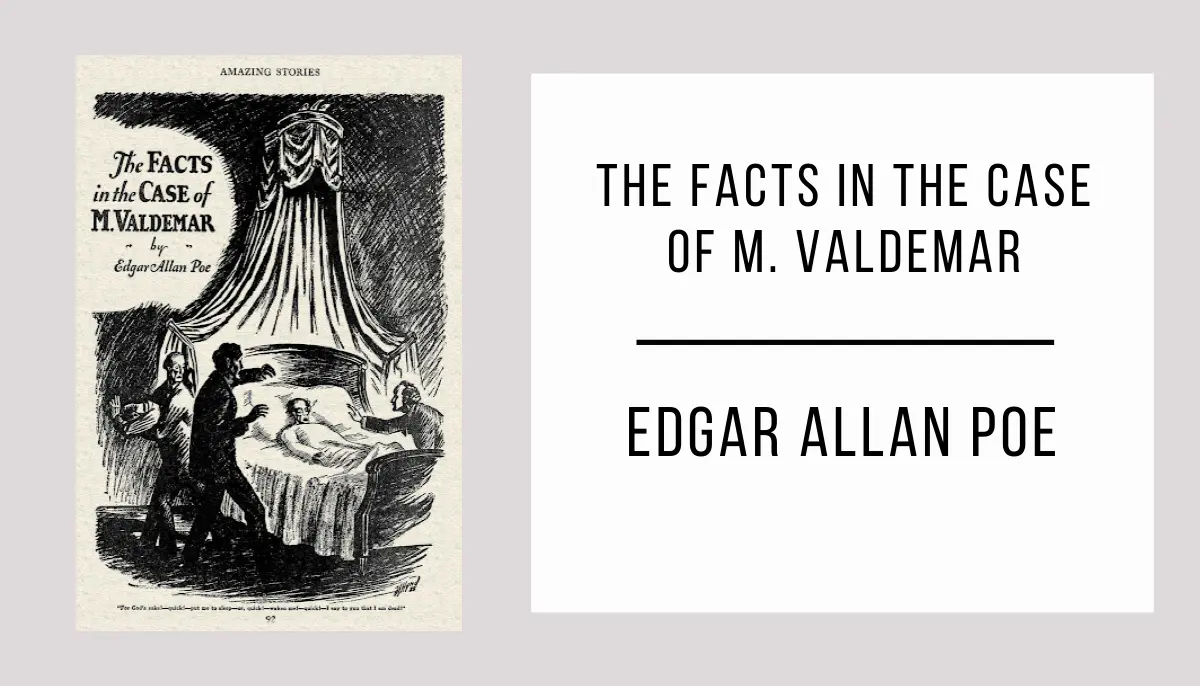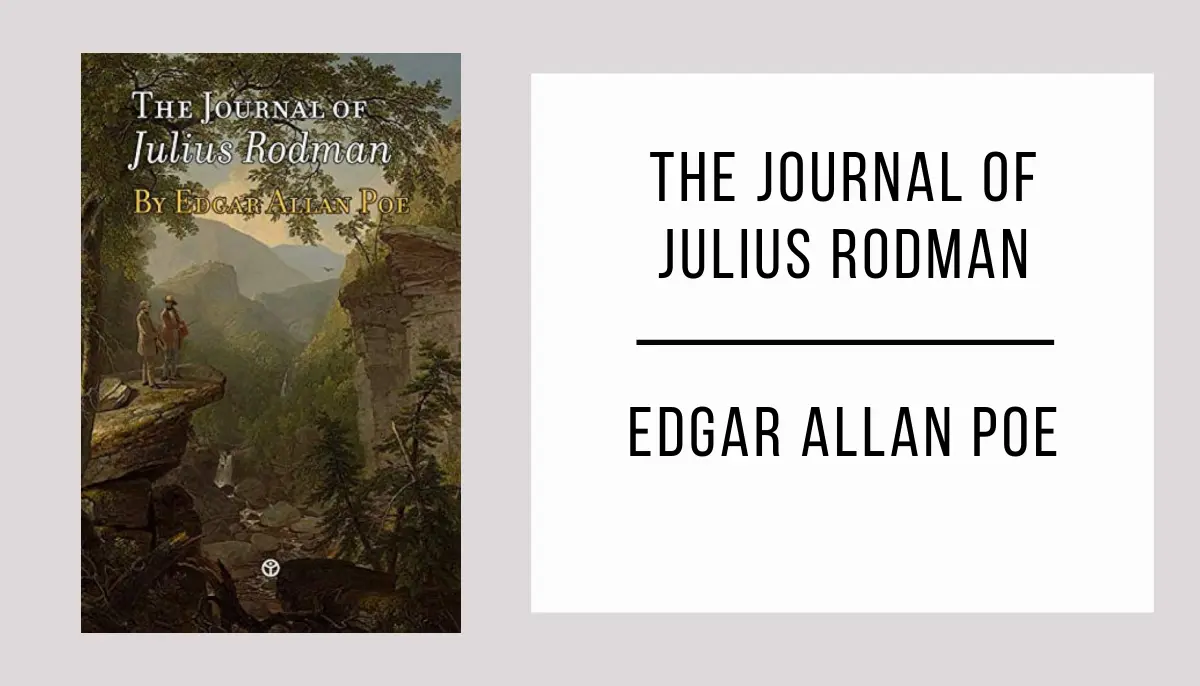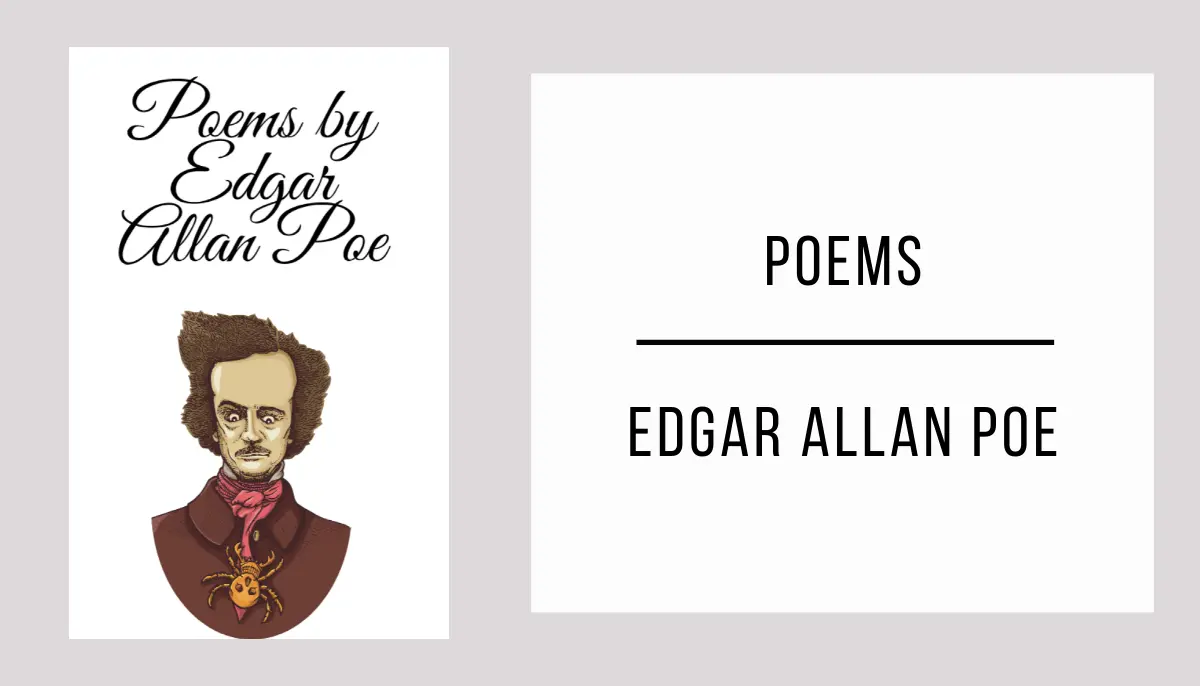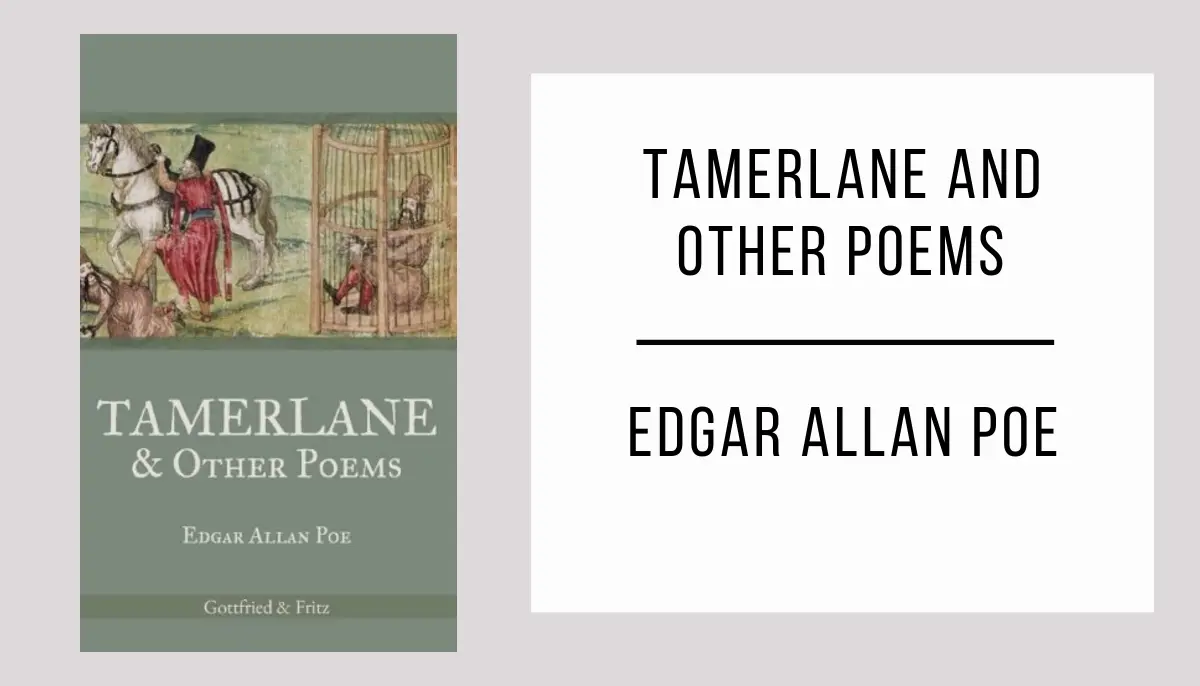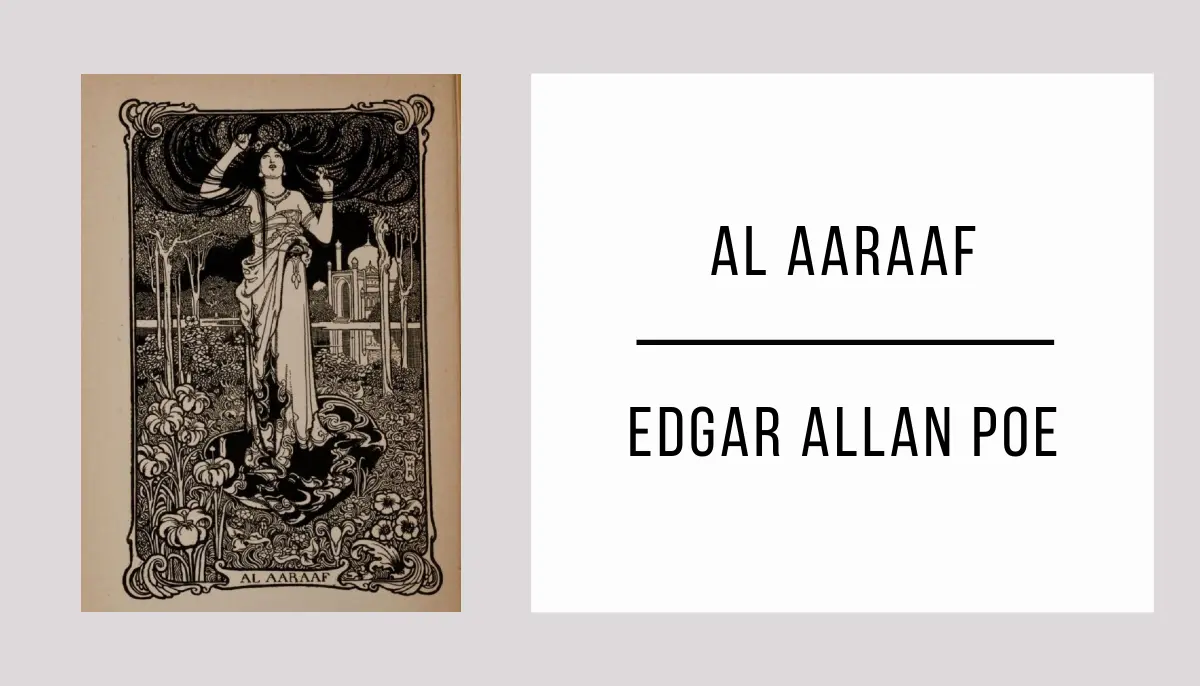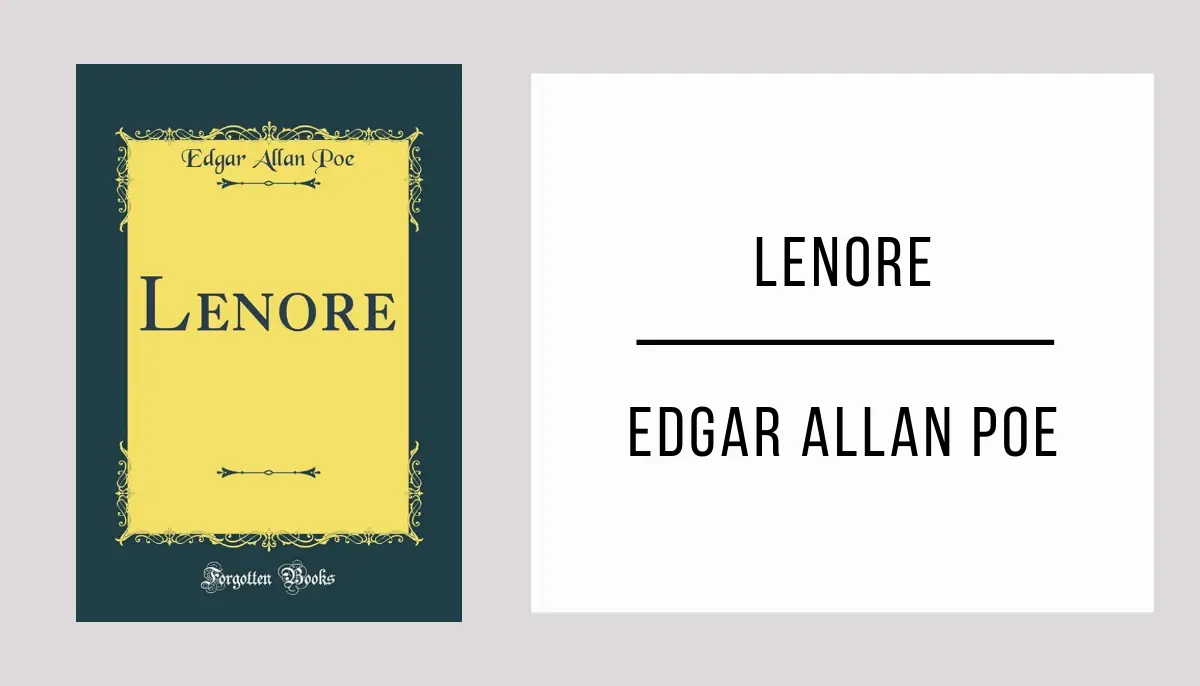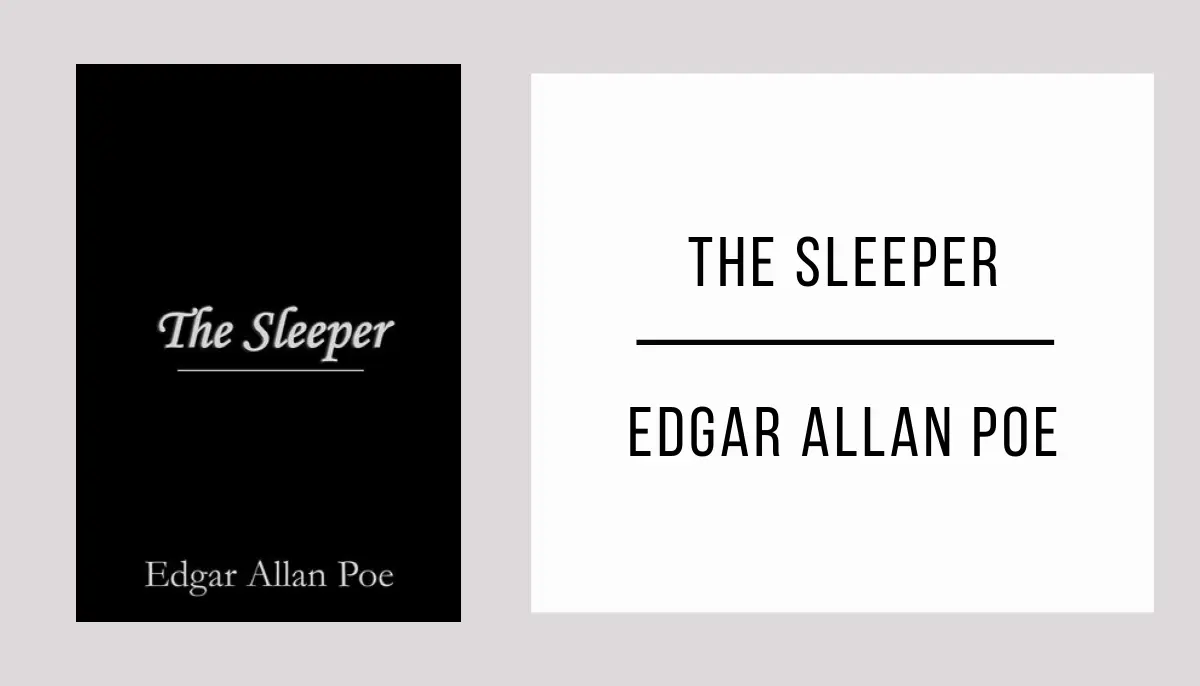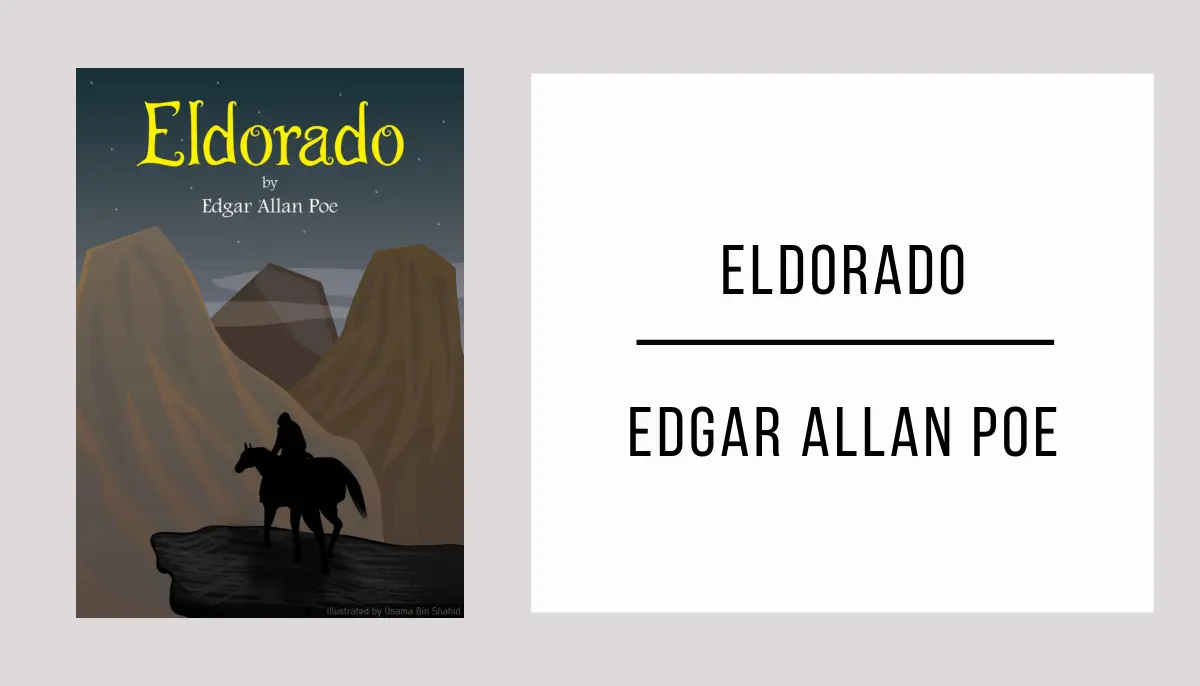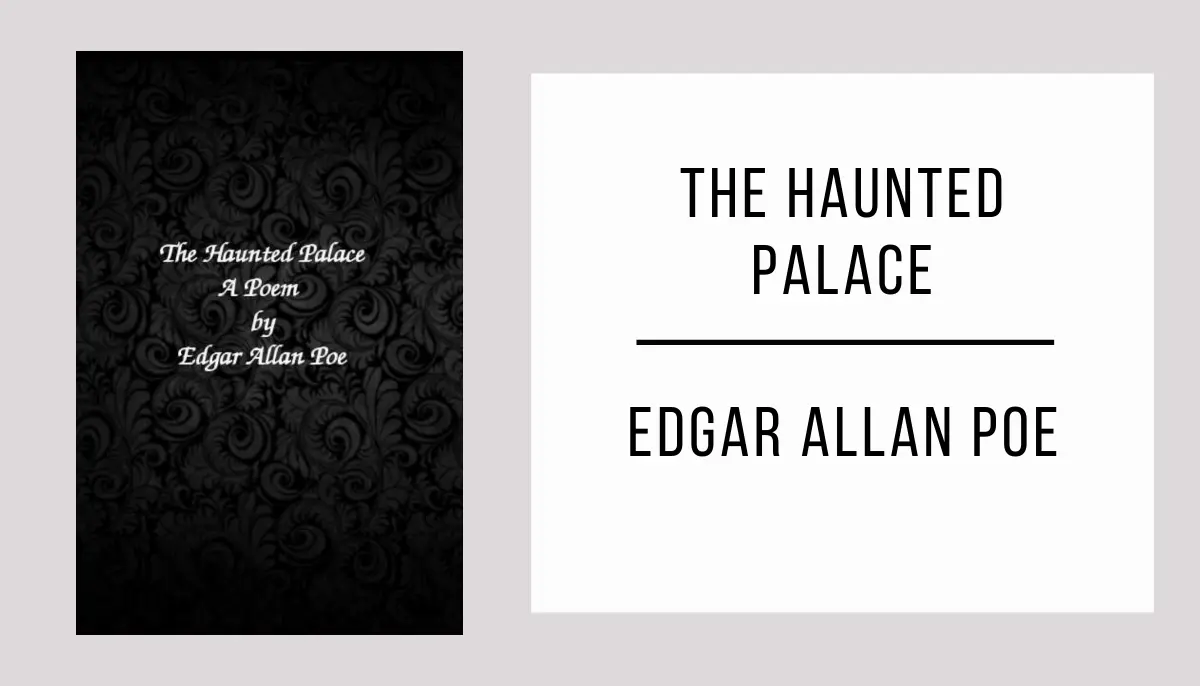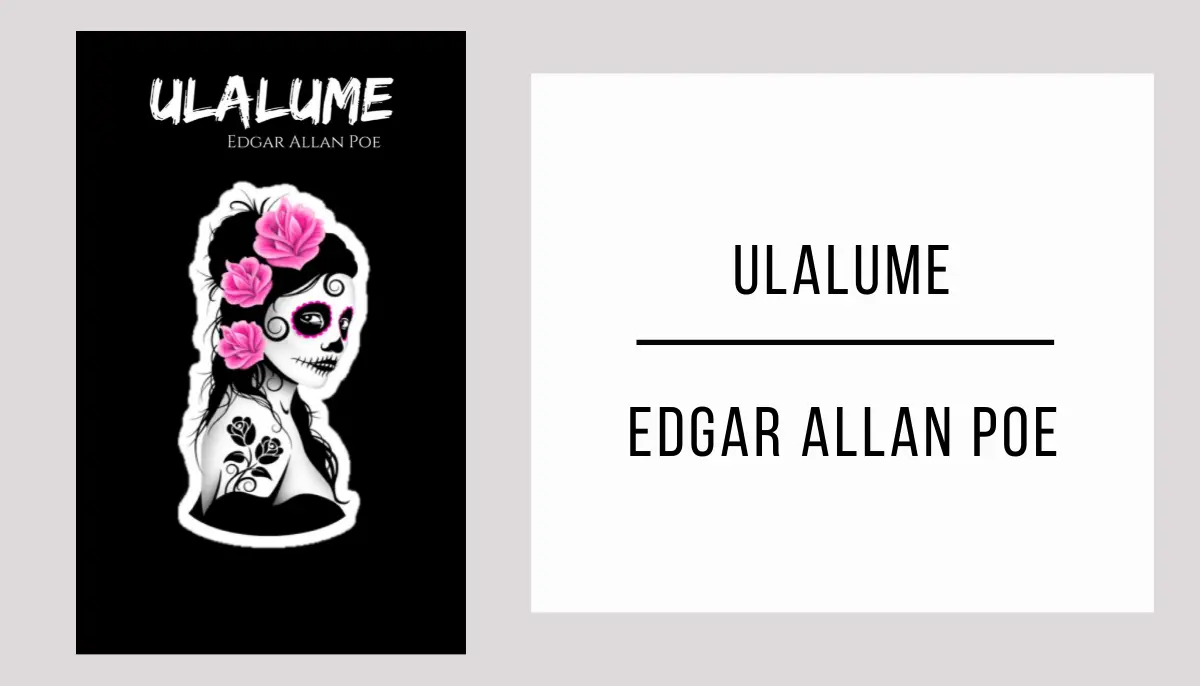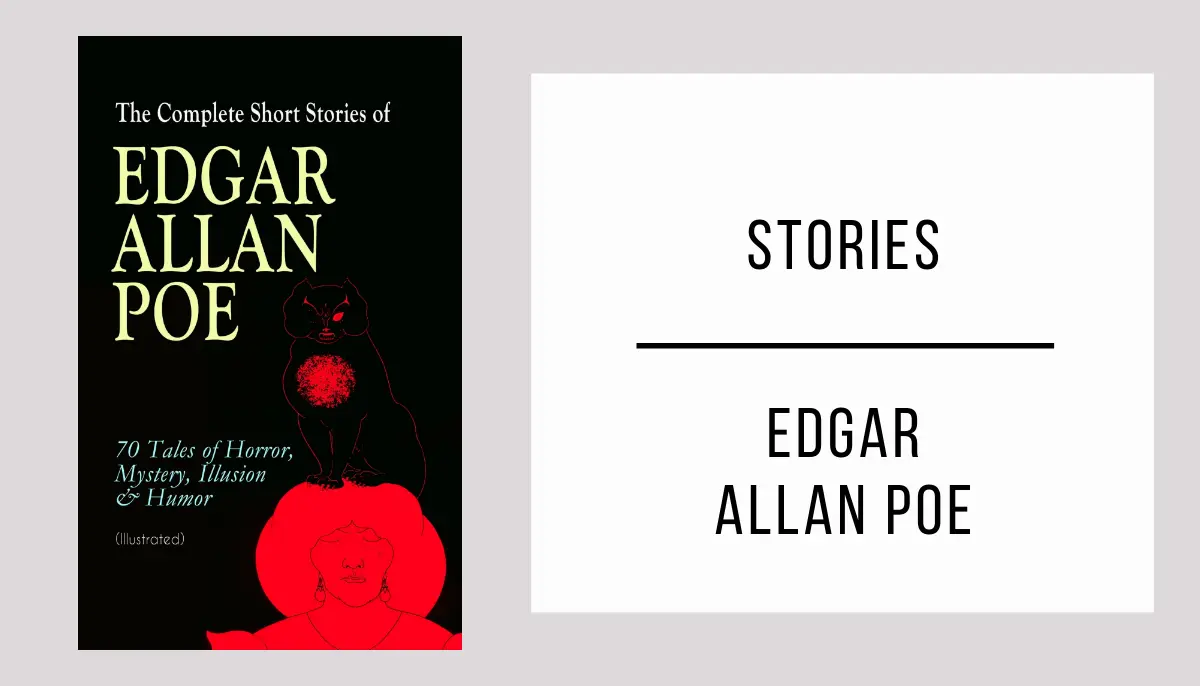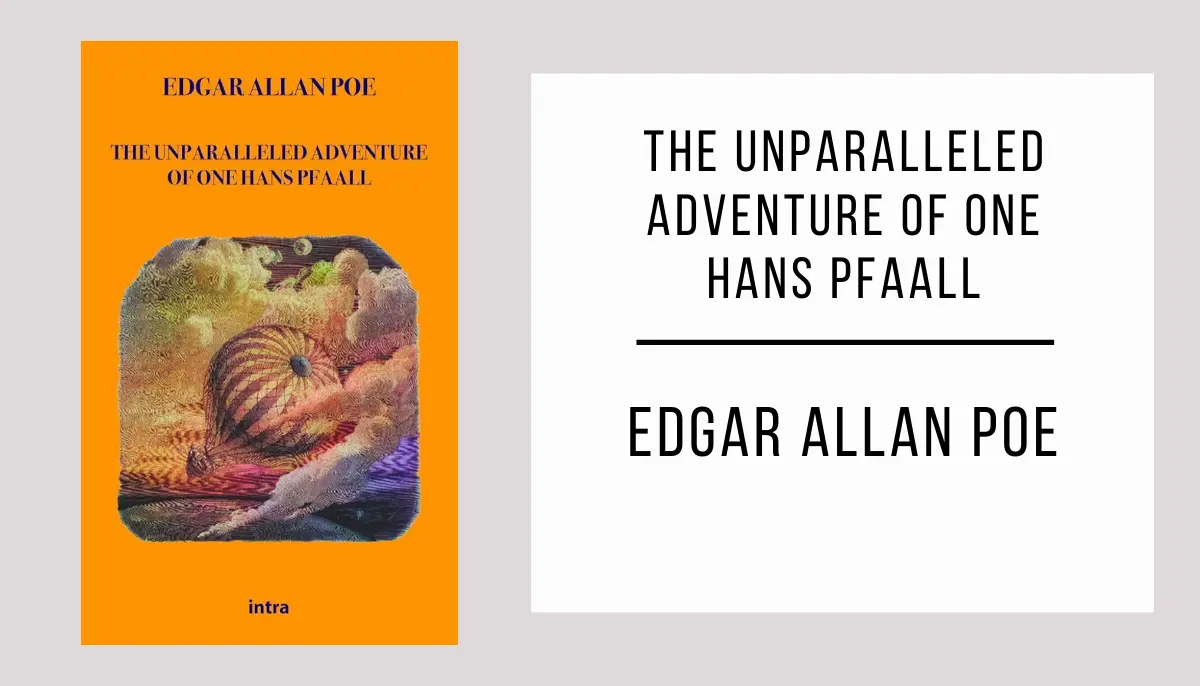“The Bells” by Edgar Allan Poe, a masterpiece of classical literature. Immerse yourself in Poe’s mind and discover his unparalleled ability to create gothic atmospheres and dark characters in this captivating collection of poems.
Download “The Bells” in PDF format for free now and delve into a world of suspense, mystery, and melancholy. Enjoy Poe’s exquisite prose as you embark on a unique literary experience.
Don’t resist the allure of “The Bells.” Let yourself be carried away by the magic of Edgar Allan Poe’s words and discover the haunting beauty that only classical literature can offer.
The Bells in PDF format
*Wait a few seconds for the document to load, the time may vary depending on your internet connection. If you prefer, you can download the file by clicking on the link below.
Loading fileInformation The Bells
- Author: Edgar Allan Poe.
- Publication Date: 1849.
- Main Characters:
- The narrator: Describes their experiences and reflections on the bells.
- The bells: Represent different stages of life and evoke emotions.
- The musicians: Play the bells and generate different sensations.
- The listeners: React to the sounds of the bells and experience various emotions.
- Brief summary: “The Bells” is a poem in which the narrator reflects on the evocative and transformative power of bell sounds. As the bells change tone and rhythm, the narrator describes how they impact emotions and life stages, from joy and love to sadness and death.
- Thematic analysis: “The Bells” explores the theme of the passage of time and the inevitable transition of life. The bells symbolize the cycle of human existence, from youth and happiness to old age and death. Additionally, the influence of sounds on emotions is highlighted, demonstrating how they can evoke different feelings in people.
- Historical context: Edgar Allan Poe, recognized as one of the masters of the horror genre and gothic literature, wrote “The Bells” in 1849, shortly before his death. The poem reflects the melancholy and obsession with death that characterized much of Poe’s work. His dark and evocative poetic style made him an influential figure in the development of modern literature.


